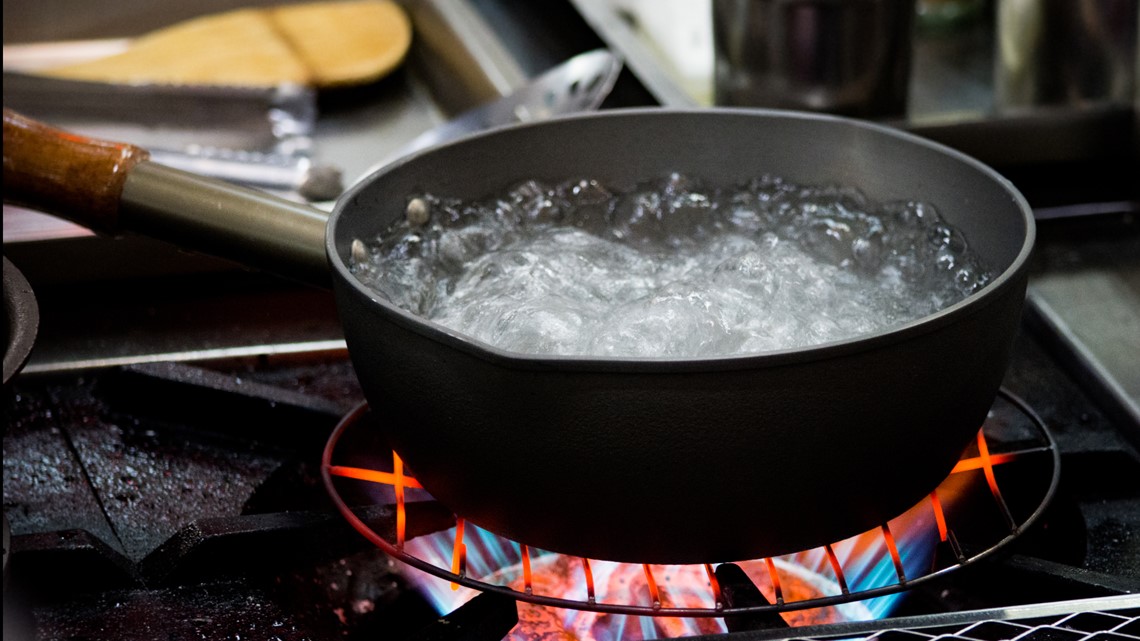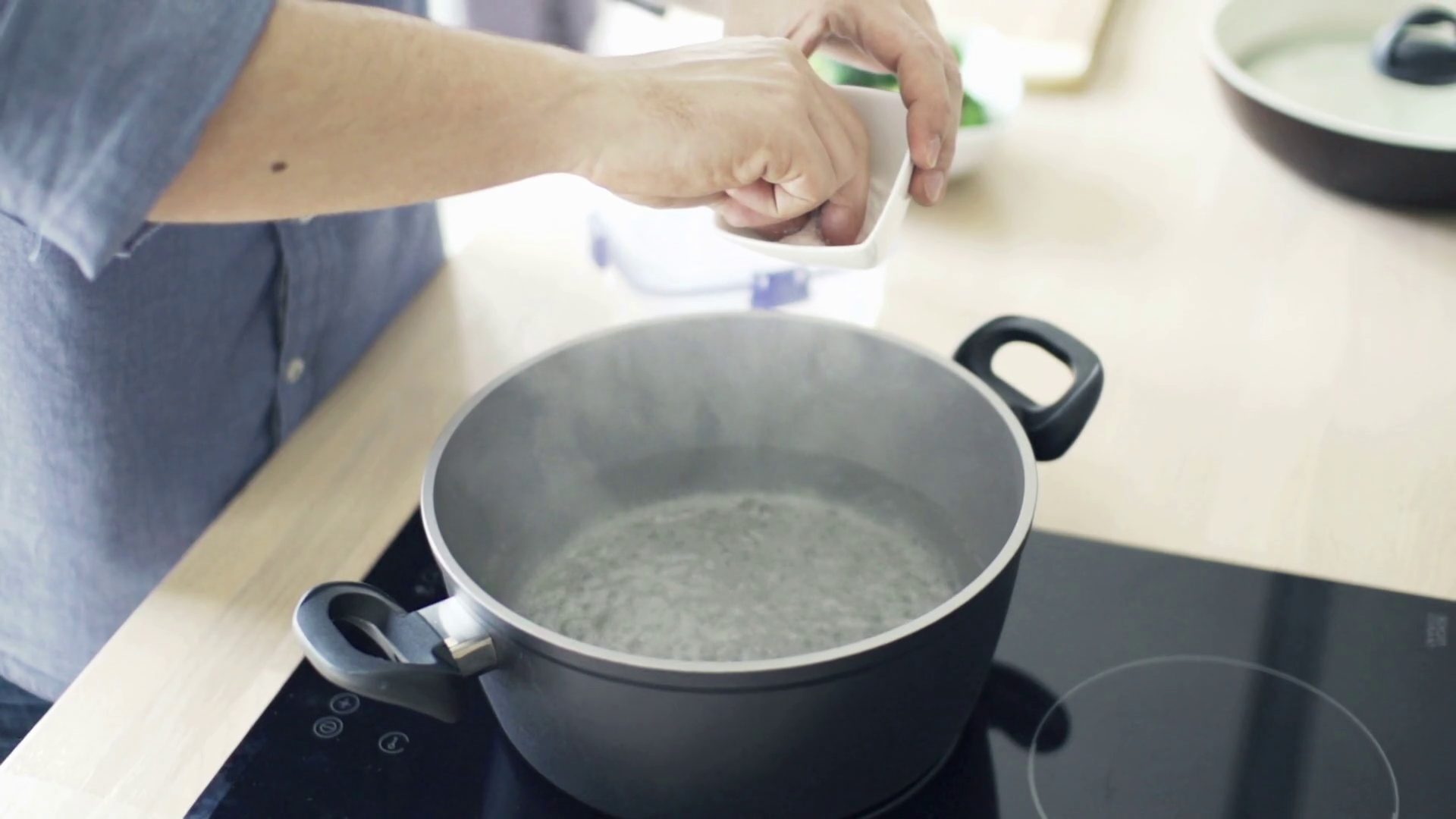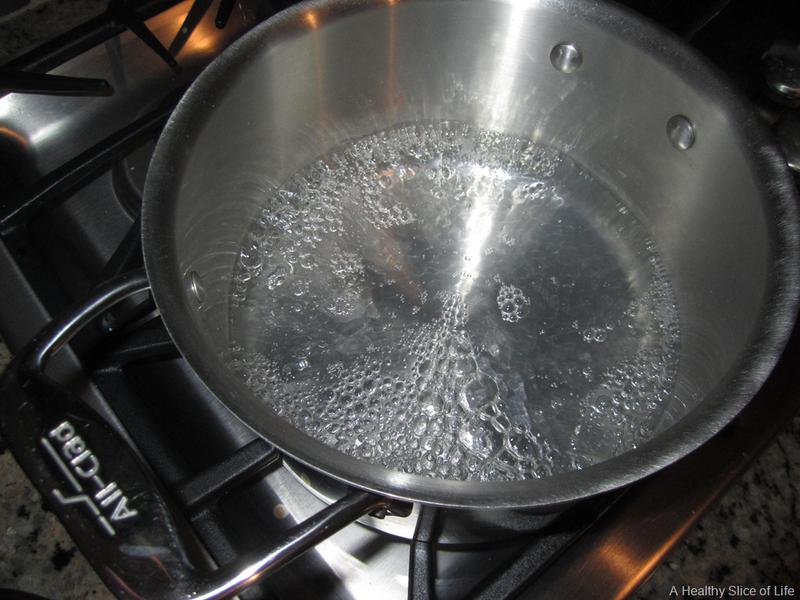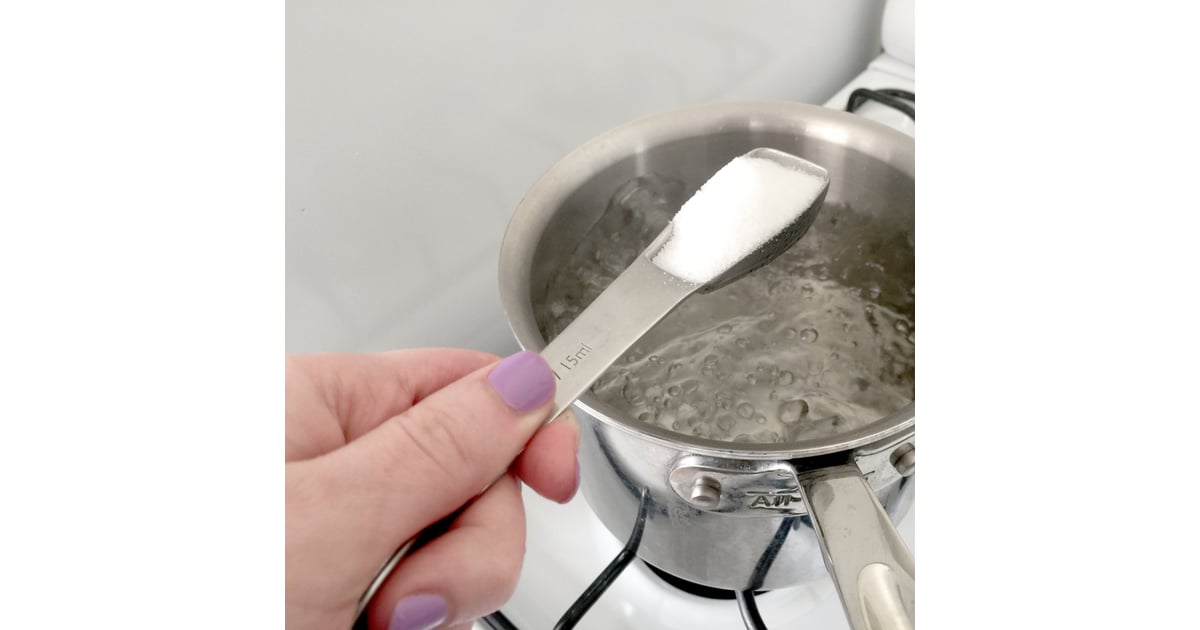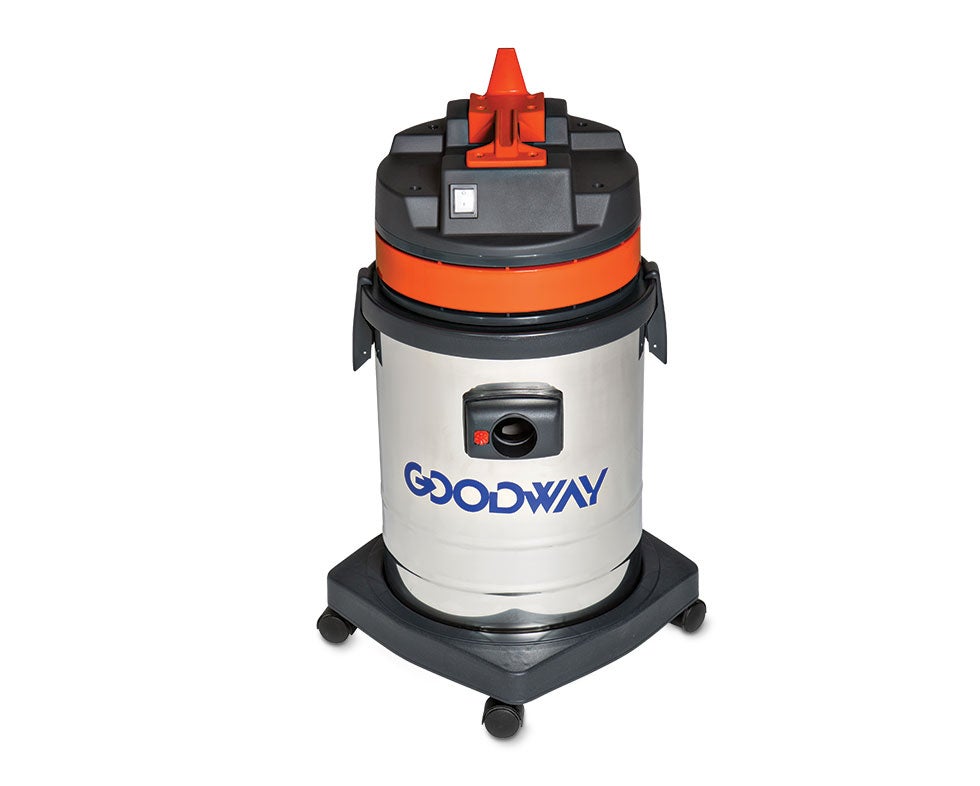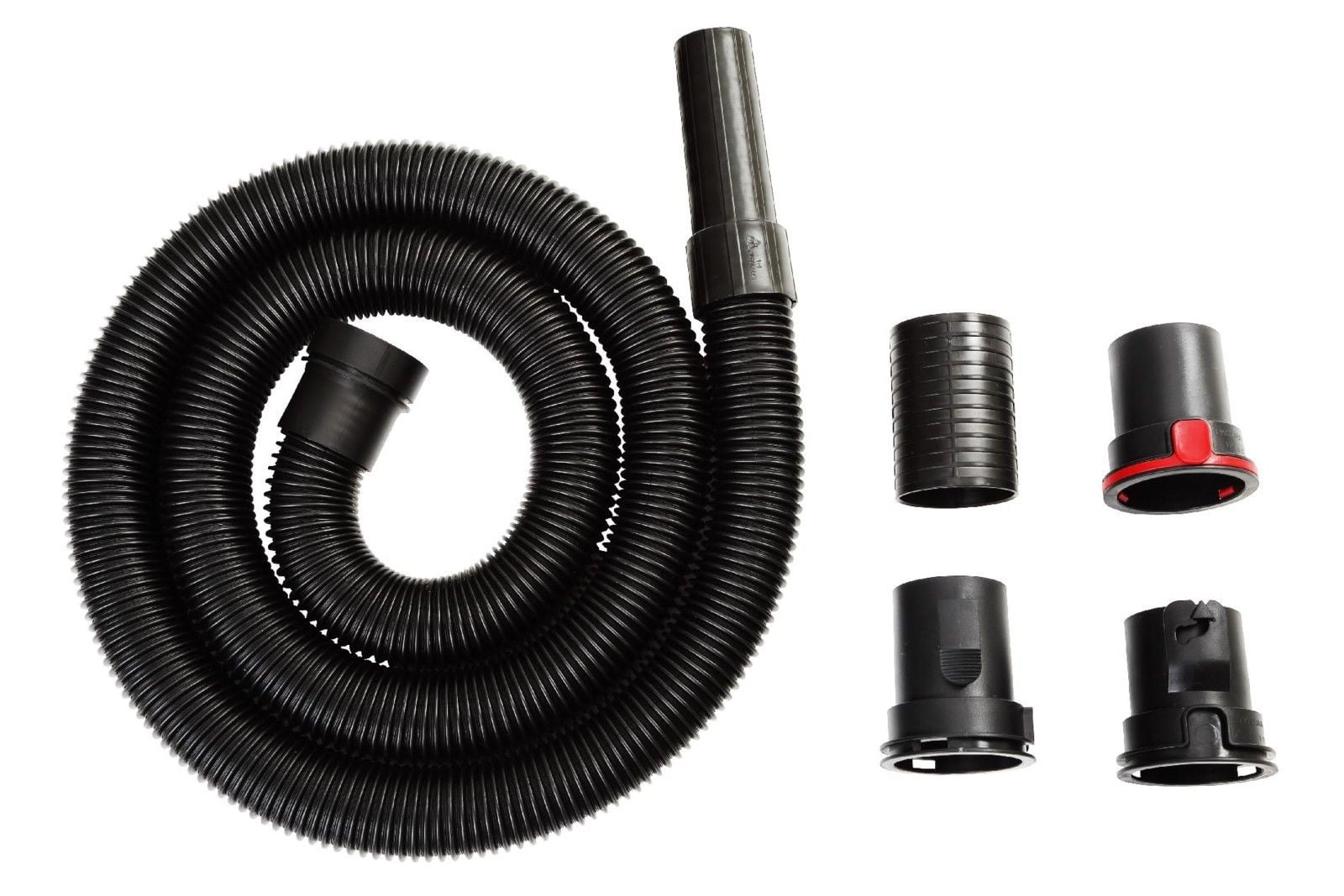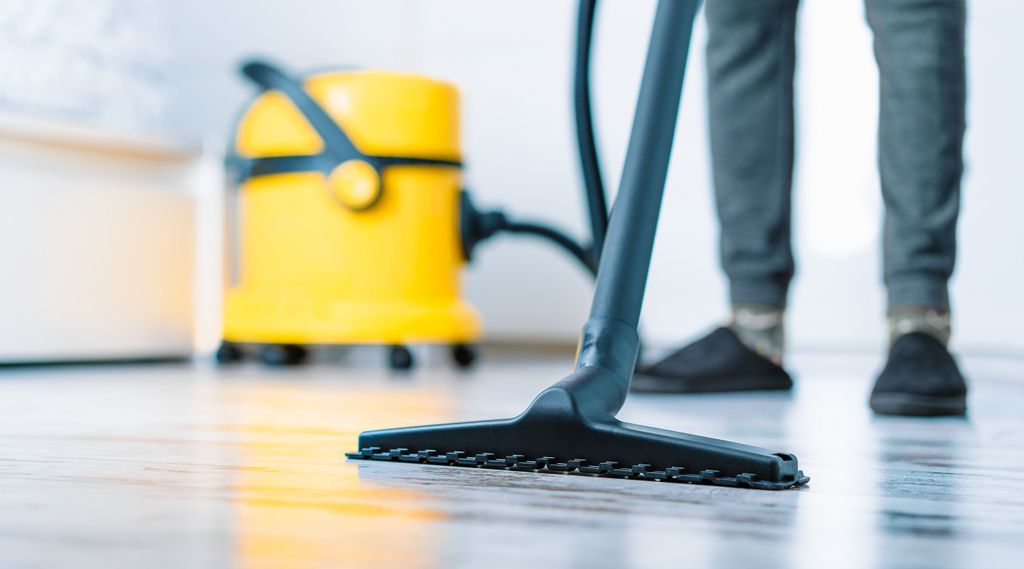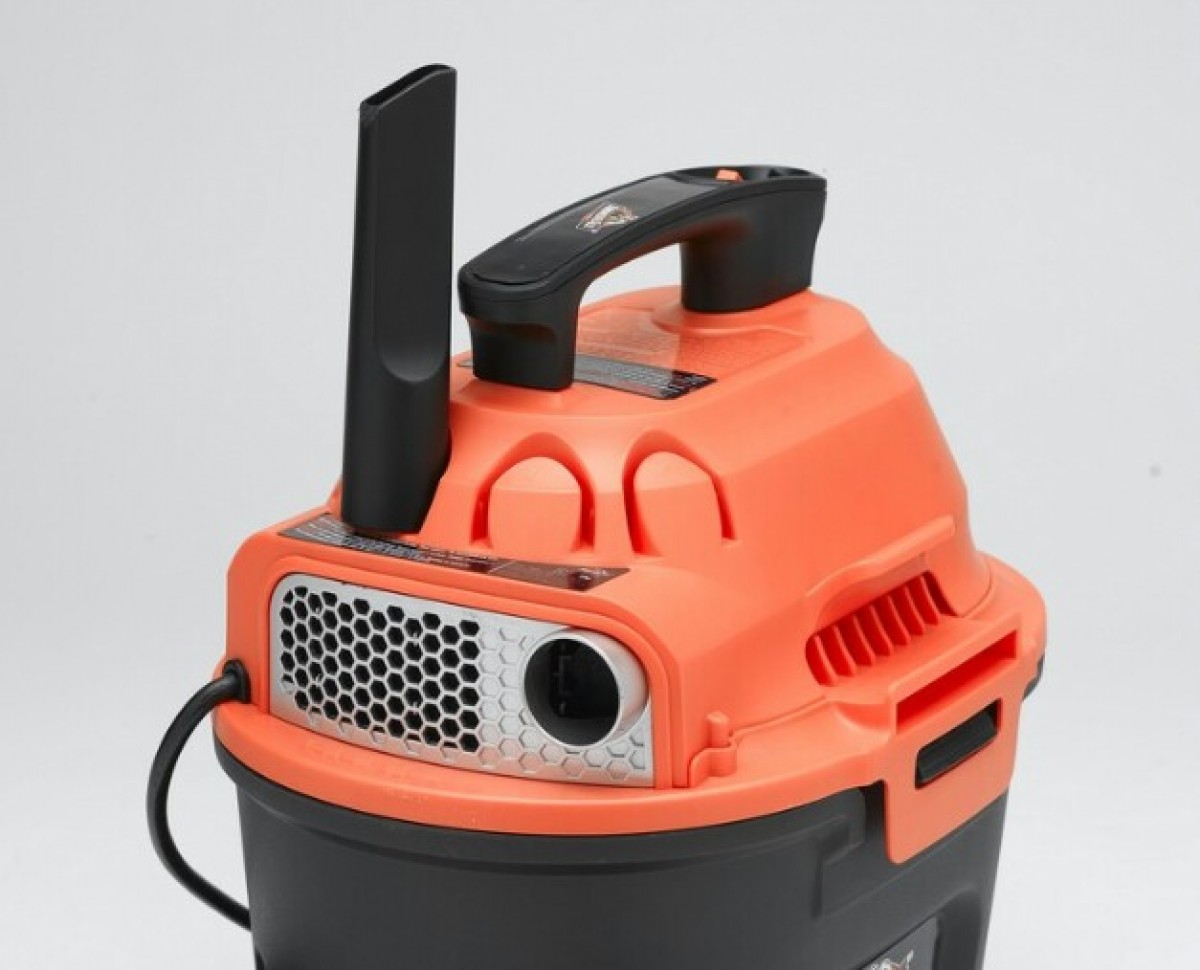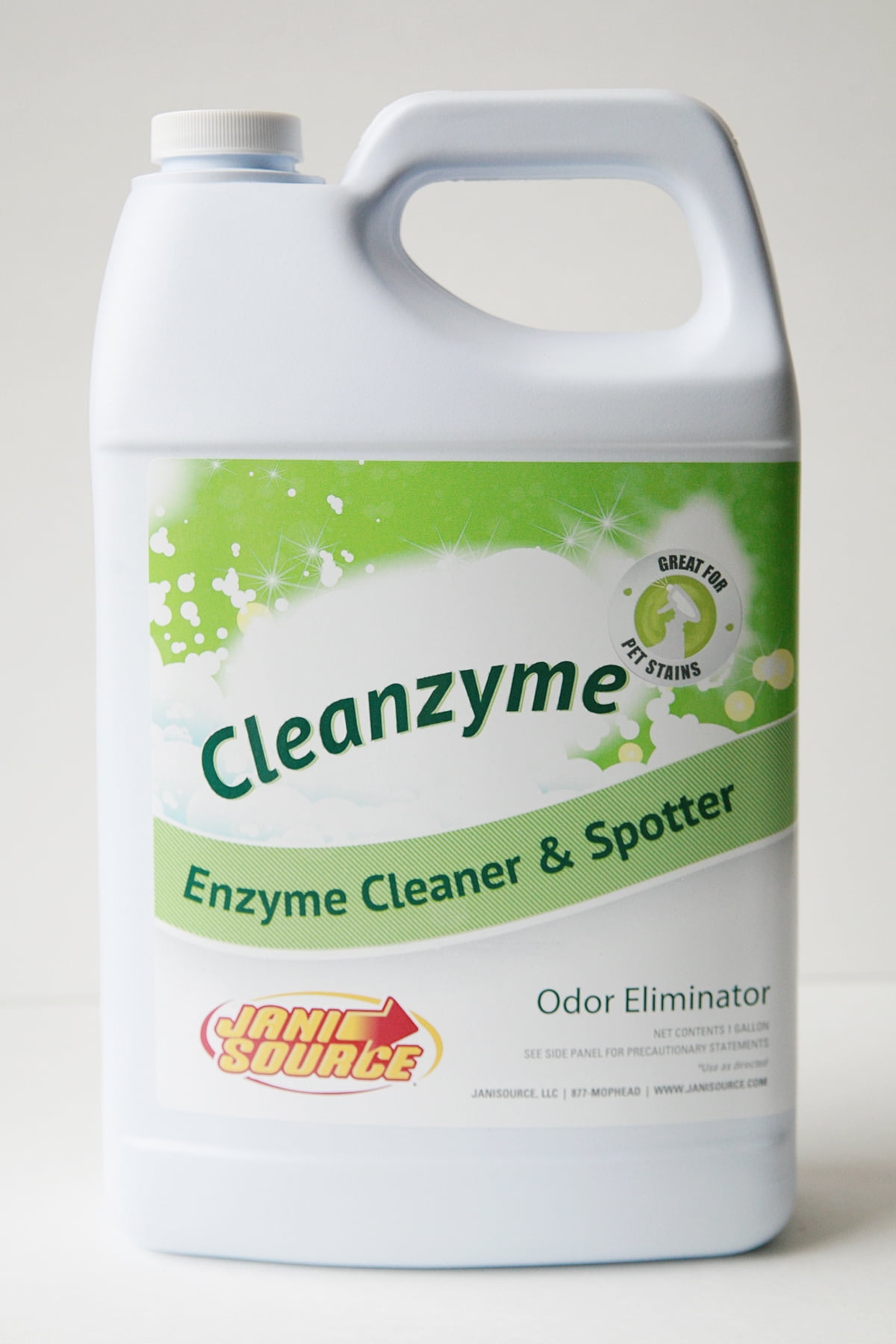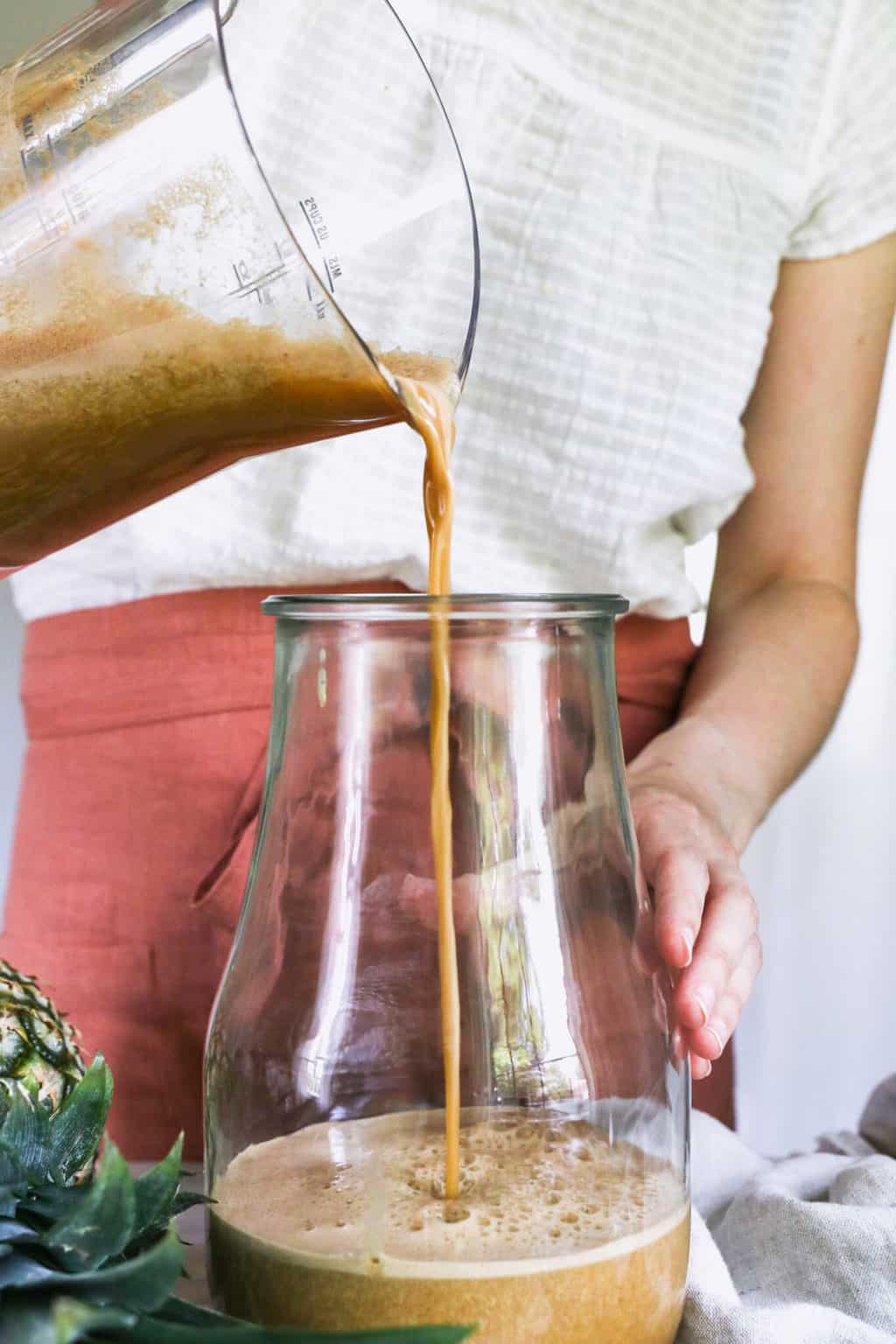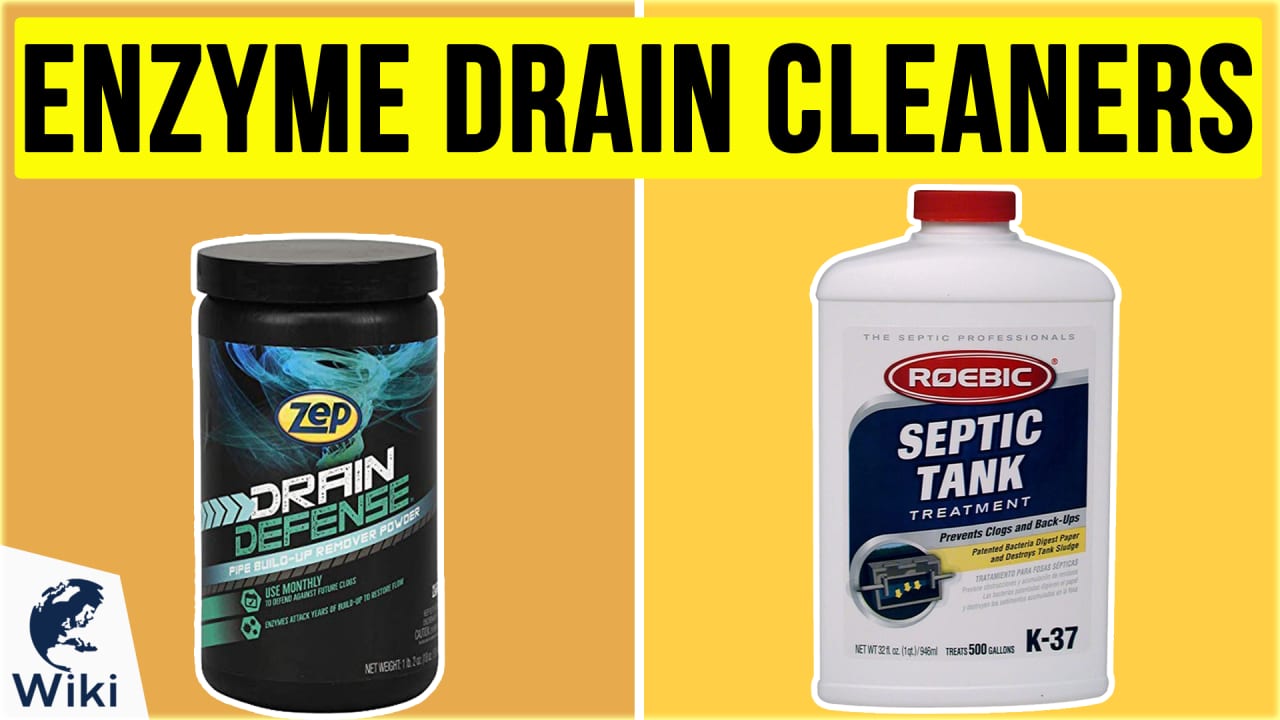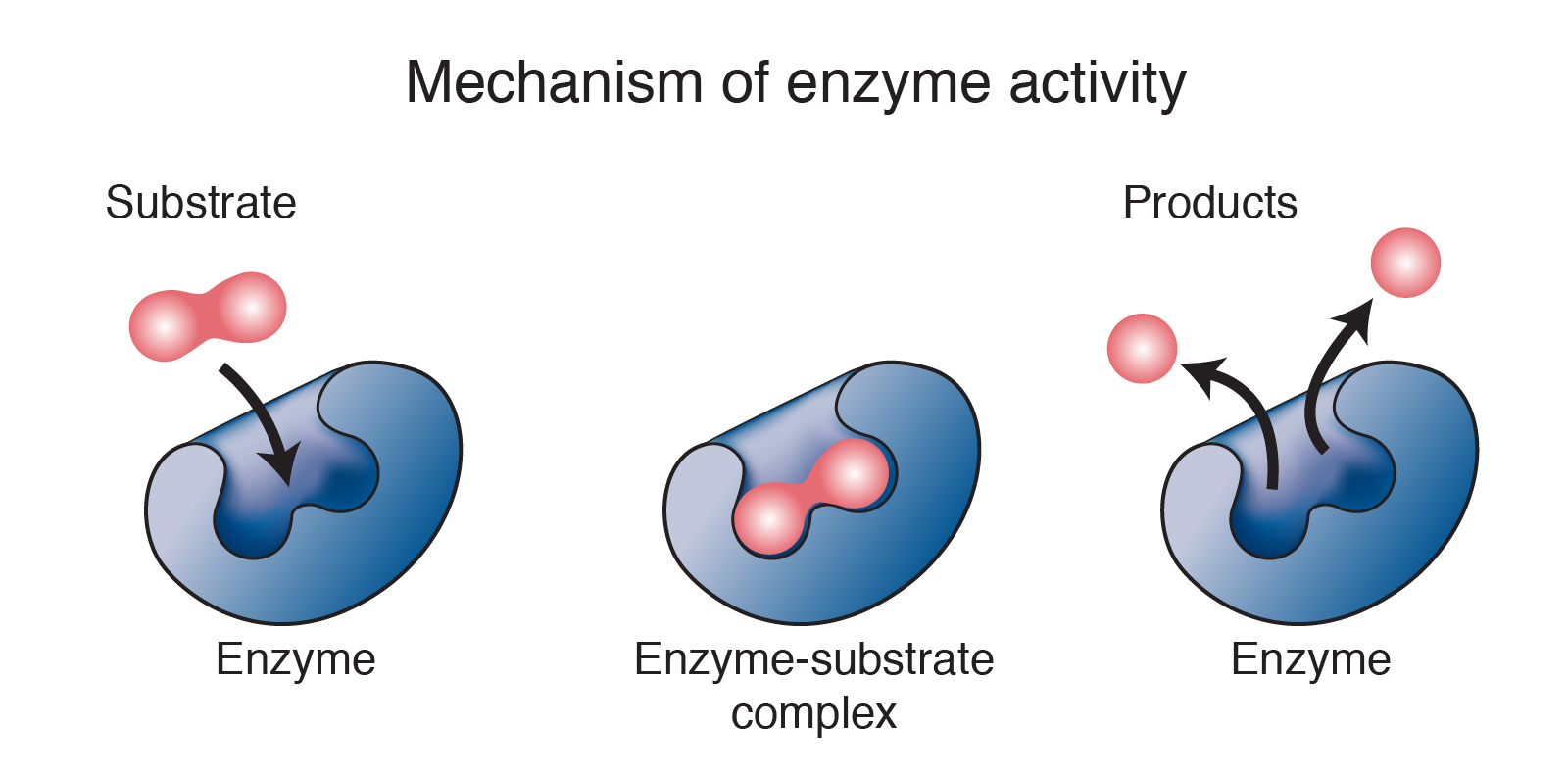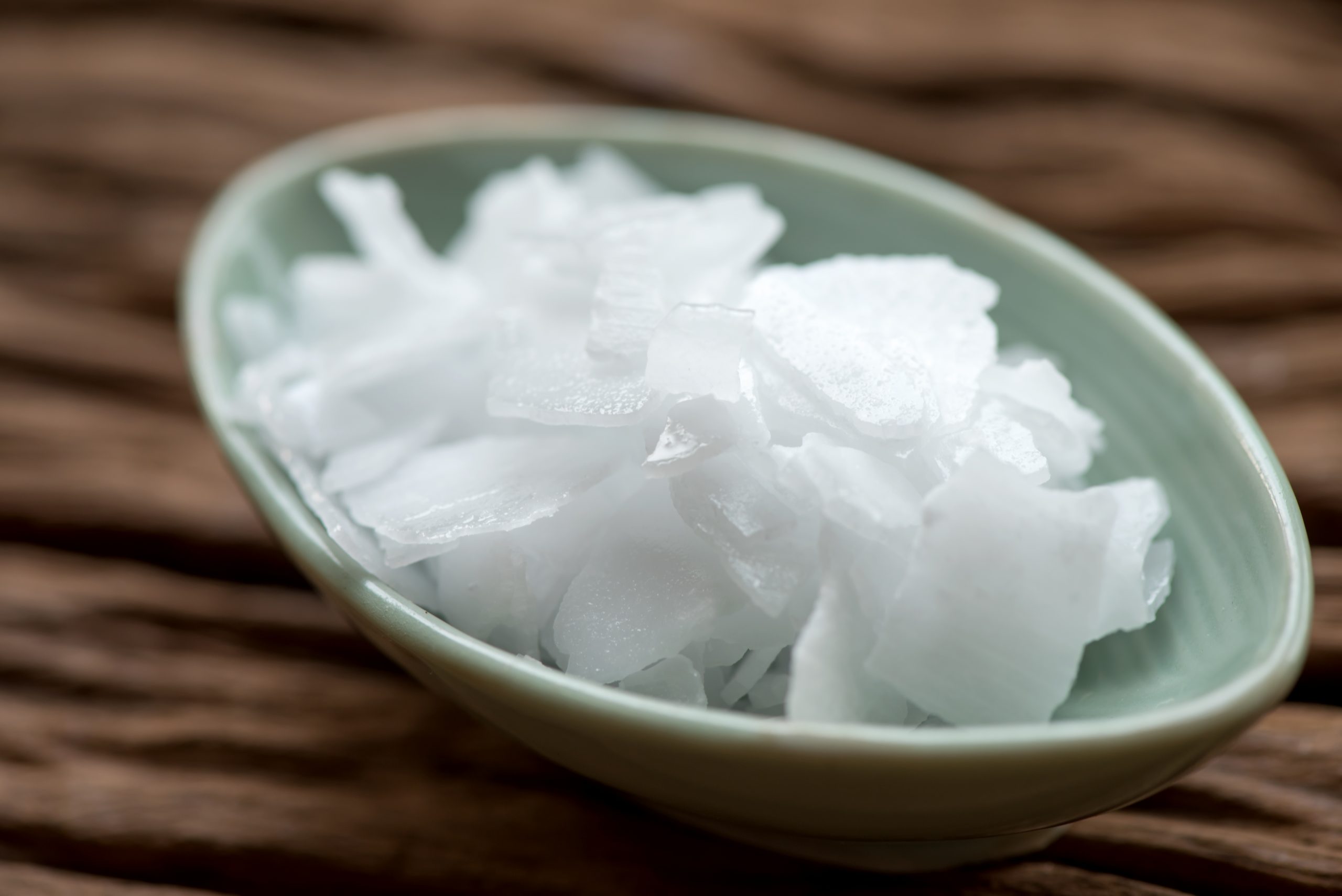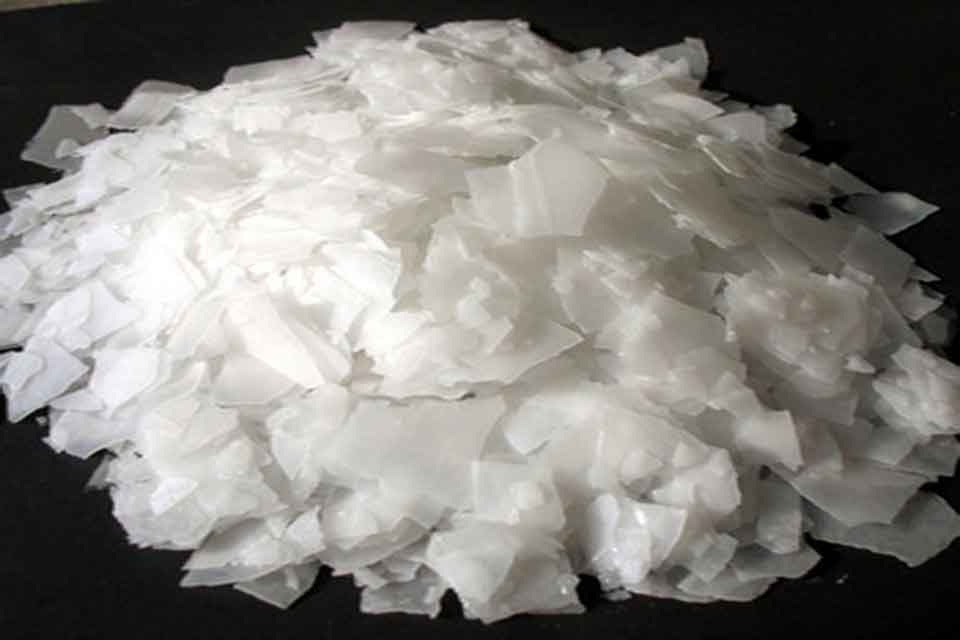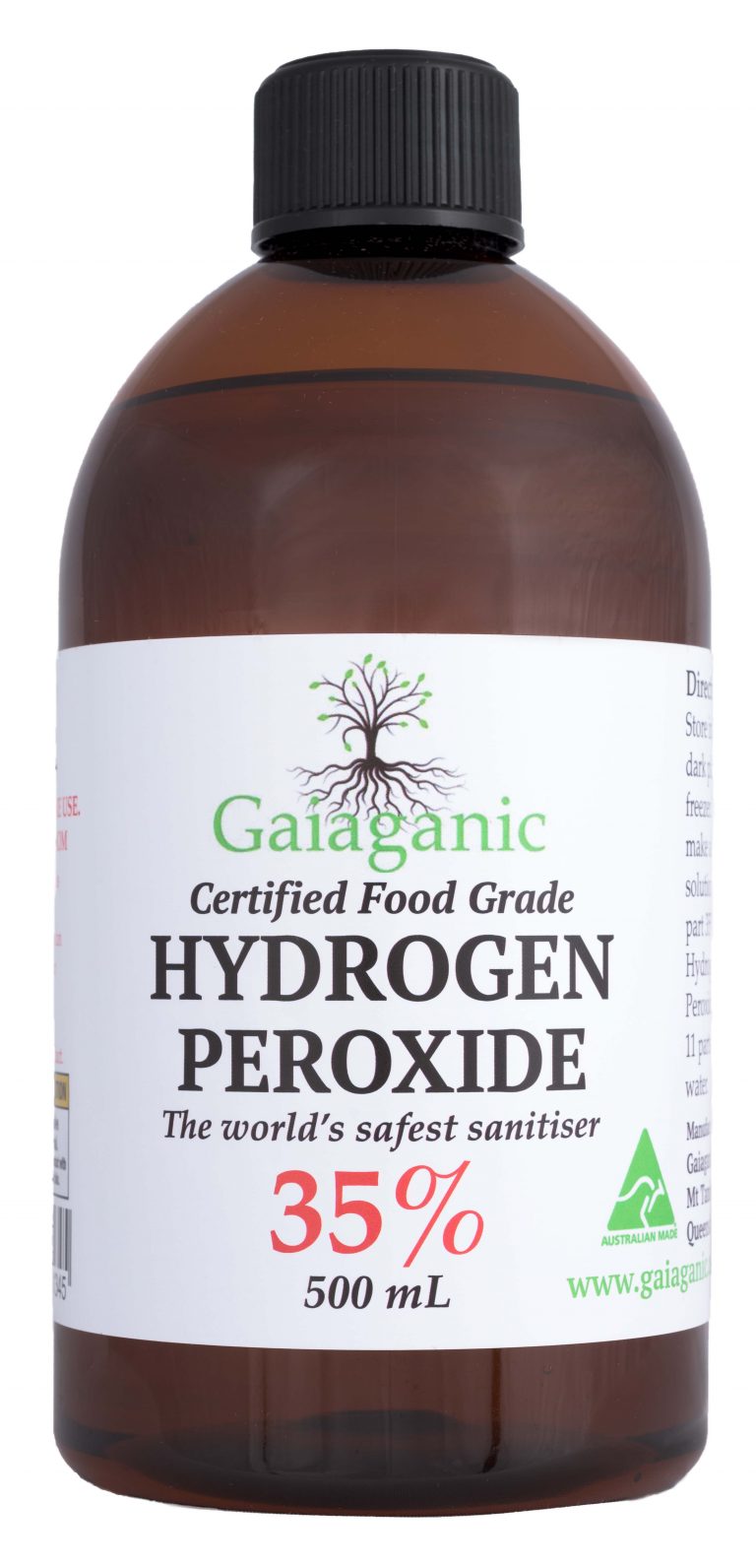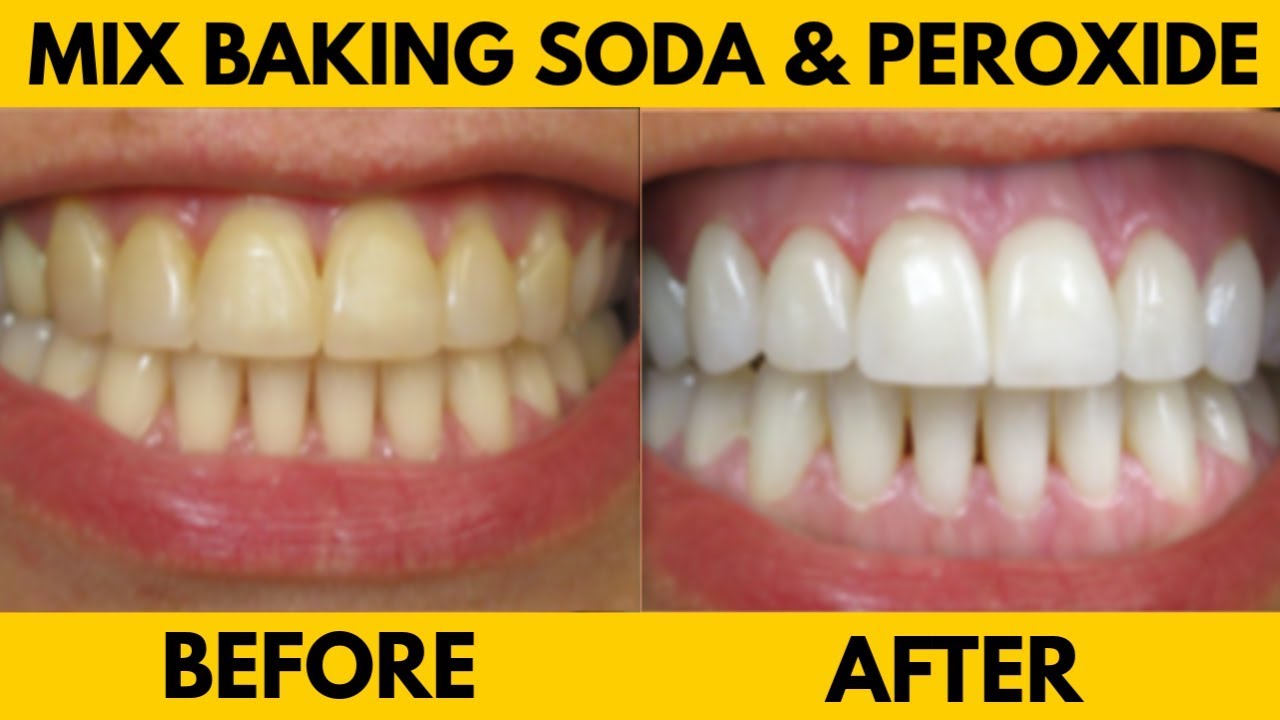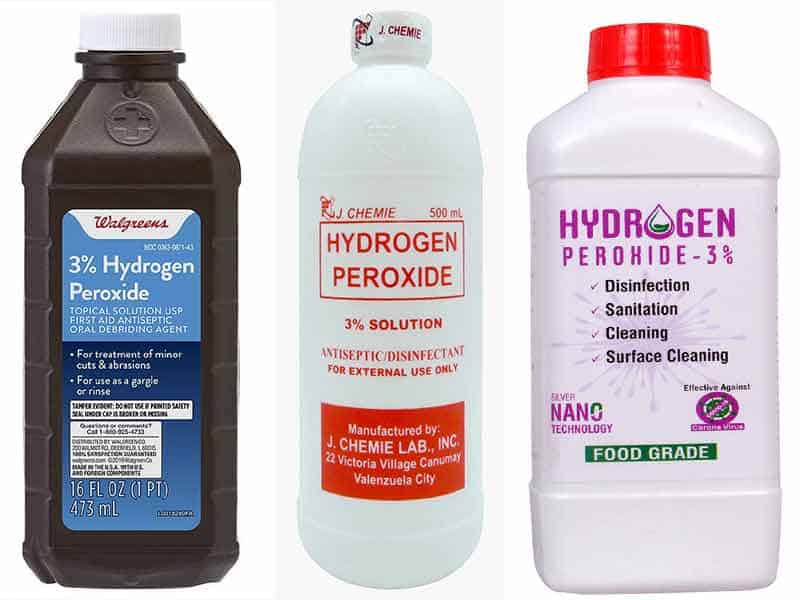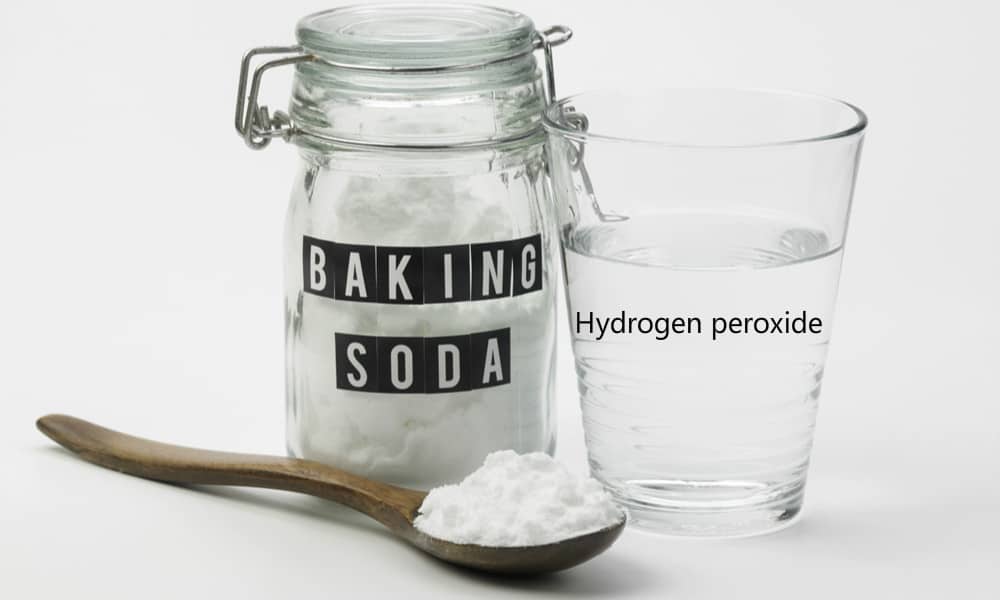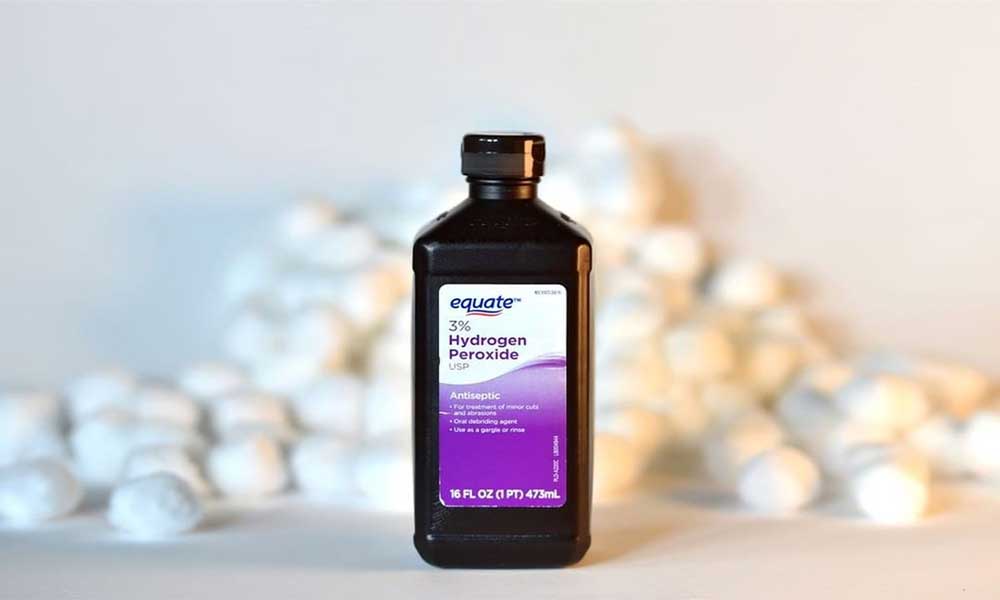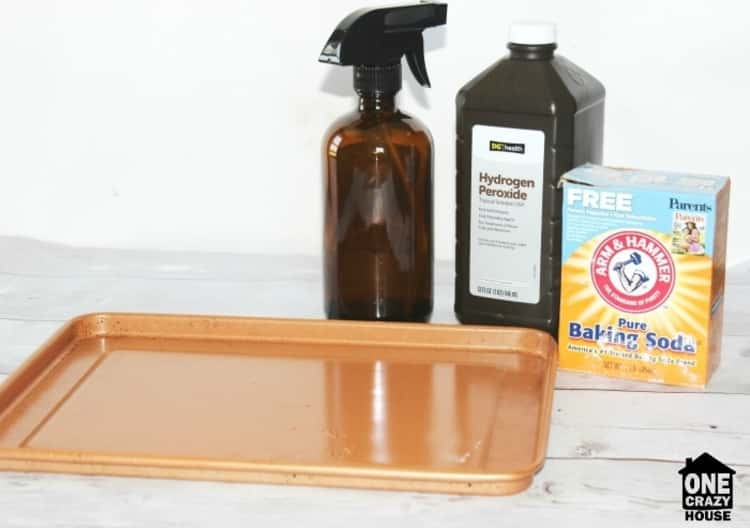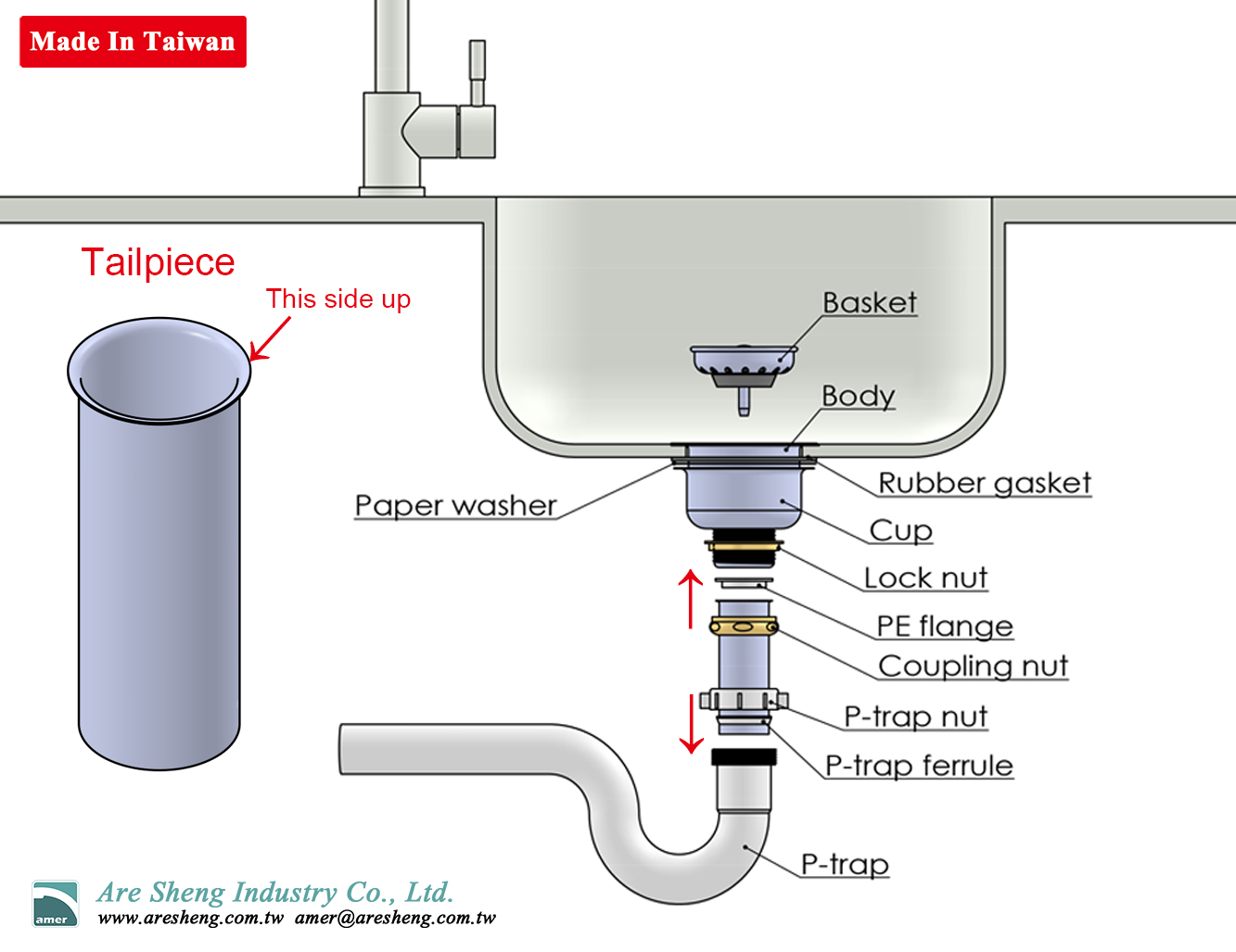1. Baking soda and vinegar
If you're looking for a natural and effective way to unclog your kitchen sink, look no further than the classic combination of baking soda and vinegar. This powerful duo is not only safe for your pipes, but it also works wonders in breaking down and clearing out any stubborn clogs.
To use this method, start by pouring a pot of boiling water down the drain to loosen up any debris. Then, pour about ½ cup of baking soda down the drain, followed by 1 cup of vinegar. The chemical reaction between the two ingredients will help break down any buildup and create a foaming action that will push the clog out. Let it sit for about 15 minutes before flushing it out with another pot of boiling water.
2. Plunger
The trusty plunger is another effective tool for unclogging a kitchen sink. This method works best for clogs that are caused by food debris or grease buildup. Simply place the plunger over the drain and plunge up and down 5-6 times to create suction and push the clog out.
If you have a double sink, make sure to seal off the other drain with a cloth or stopper before plunging to ensure maximum pressure on the clogged drain.
3. Boiling water
Sometimes, all it takes to unclog a kitchen sink is a pot of boiling water. This method is best for clogs caused by grease or soap scum buildup. Simply boil a pot of water and carefully pour it down the drain in 2-3 stages, allowing each pour to work its way through the clog before adding more. The hot water will help break down the buildup and clear the clog.
4. Drain snake
If the clog in your kitchen sink is particularly stubborn, a drain snake can come in handy. This tool is designed to reach deep into your pipes and physically break up the clog. Simply insert the snake into the drain and twist it around until you feel it catch onto the clog. Then, pull it out to remove the debris.
5. Dish soap and hot water
Another simple but effective method for unclogging a kitchen sink is using dish soap and hot water. This method works best for clogs caused by grease buildup. Start by pouring 1/4 cup of dish soap down the drain, followed by a pot of hot water. The soap will help break down the grease and the hot water will flush it out.
6. Salt and boiling water
If you don't have baking soda on hand, you can also use salt and boiling water to unclog your kitchen sink. Pour 1/2 cup of salt down the drain, followed by a pot of boiling water. The abrasive texture of the salt will help break down the clog and the hot water will flush it out.
7. Wet/dry vacuum
If you have a wet/dry vacuum, you can use it to unclog your kitchen sink. Start by setting the vacuum to wet mode and placing it over the drain. Make sure to create a tight seal with a cloth or towel. Then, turn on the vacuum and let it run for a few minutes. The suction will help pull out the clog.
8. Enzyme-based cleaner
If you prefer to use a chemical cleaner, an enzyme-based cleaner is a safe and effective option for unclogging a kitchen sink. These cleaners use natural enzymes to break down food and grease buildup. Simply follow the instructions on the cleaner and let it sit for the recommended amount of time before flushing it out with hot water.
9. Caustic soda
If you have a particularly stubborn clog in your kitchen sink, you may need to use a stronger chemical like caustic soda. This powerful cleaner is designed to break down organic matter, but it can be dangerous if not used properly. Follow the instructions carefully and make sure to wear protective gloves and eyewear.
10. Hydrogen peroxide and baking soda
For a more natural alternative to caustic soda, you can use a combination of hydrogen peroxide and baking soda to unclog your kitchen sink. Start by pouring 1/2 cup of baking soda down the drain, followed by 1 cup of hydrogen peroxide. Let it sit for 30 minutes before flushing it out with hot water. The foaming action of the mixture will help break down the clog and clear your drain.
With these top 10 most effective ways to unclog a kitchen sink, you can easily tackle any clog and keep your sink running smoothly. Remember to always try the more natural methods first and use caution when using chemical cleaners. If the clog persists, it may be time to call in a professional plumber for assistance.
The Most Effective Way to Unclog a Kitchen Sink

Causes of a Clogged Kitchen Sink
 A clogged kitchen sink is a common household problem that can cause inconvenience and frustration. There are several reasons why a kitchen sink may become clogged, such as food scraps, grease buildup, and foreign objects. Over time, these materials can accumulate and create a blockage in the pipes, preventing water from draining properly.
A clogged kitchen sink is a common household problem that can cause inconvenience and frustration. There are several reasons why a kitchen sink may become clogged, such as food scraps, grease buildup, and foreign objects. Over time, these materials can accumulate and create a blockage in the pipes, preventing water from draining properly.
The Importance of Unclogging a Kitchen Sink
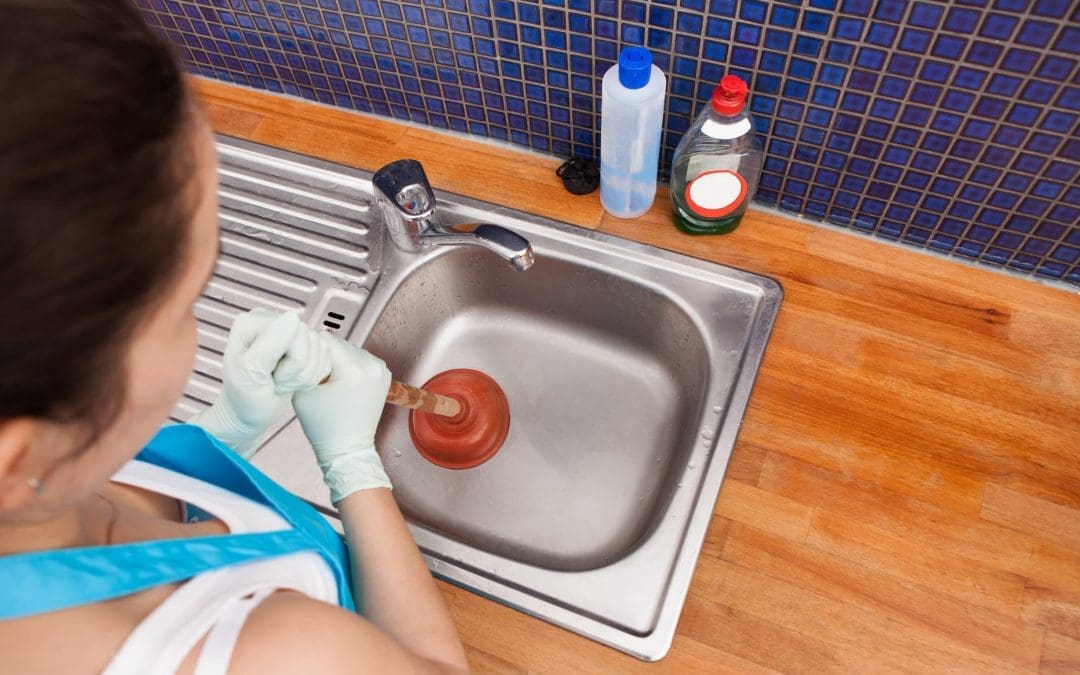 A clogged kitchen sink not only disrupts daily activities but can also lead to more serious plumbing issues. Water may start to back up and overflow, causing damage to your kitchen and other areas of your home. Additionally, stagnant water can become a breeding ground for bacteria and unpleasant odors, posing a health hazard to you and your family.
A clogged kitchen sink not only disrupts daily activities but can also lead to more serious plumbing issues. Water may start to back up and overflow, causing damage to your kitchen and other areas of your home. Additionally, stagnant water can become a breeding ground for bacteria and unpleasant odors, posing a health hazard to you and your family.
The Most Effective Way to Unclog a Kitchen Sink
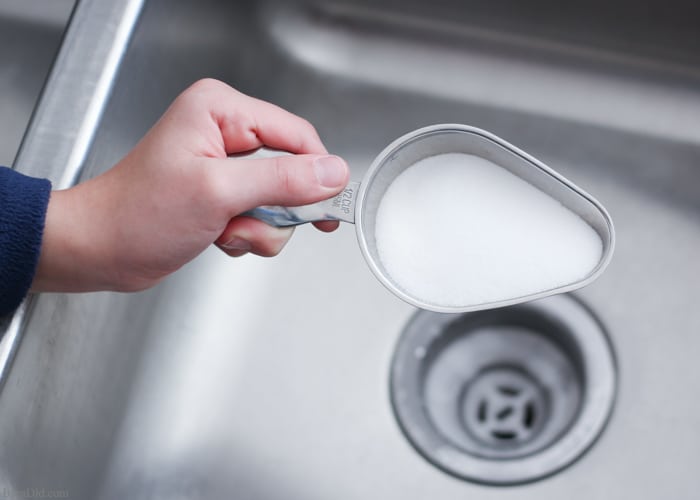 When faced with a clogged kitchen sink, there are several methods you can try to unclog it. One of the most effective ways is to use a plunger. This tool creates suction and pressure to dislodge the blockage and allow water to flow freely. Make sure to cover the drain with a wet cloth before plunging to create a tight seal.
If the plunger does not work, you can try using a mixture of
baking soda and vinegar
. This natural solution can break down any grease or food particles that are causing the clog. Simply pour a cup of baking soda down the drain, followed by a cup of vinegar. Let it sit for about 30 minutes before flushing it with hot water.
When faced with a clogged kitchen sink, there are several methods you can try to unclog it. One of the most effective ways is to use a plunger. This tool creates suction and pressure to dislodge the blockage and allow water to flow freely. Make sure to cover the drain with a wet cloth before plunging to create a tight seal.
If the plunger does not work, you can try using a mixture of
baking soda and vinegar
. This natural solution can break down any grease or food particles that are causing the clog. Simply pour a cup of baking soda down the drain, followed by a cup of vinegar. Let it sit for about 30 minutes before flushing it with hot water.
Preventing Future Clogs
 To avoid clogged kitchen sinks in the future, there are some preventative measures you can take.
Regularly pouring boiling water
down the drain can help dissolve any buildup and keep the pipes clean. Also, avoid pouring grease and oil down the drain, as they can solidify and create a blockage. You can also install a
strainer
in your sink to catch food scraps and prevent them from going down the drain.
In conclusion, a clogged kitchen sink can be a nuisance, but it can be easily remedied with the right techniques. By using a plunger, natural solutions, and taking preventative measures, you can effectively unclog your kitchen sink and prevent future clogs. Remember to always handle plumbing issues carefully and if the clog persists, it may be best to seek professional help.
To avoid clogged kitchen sinks in the future, there are some preventative measures you can take.
Regularly pouring boiling water
down the drain can help dissolve any buildup and keep the pipes clean. Also, avoid pouring grease and oil down the drain, as they can solidify and create a blockage. You can also install a
strainer
in your sink to catch food scraps and prevent them from going down the drain.
In conclusion, a clogged kitchen sink can be a nuisance, but it can be easily remedied with the right techniques. By using a plunger, natural solutions, and taking preventative measures, you can effectively unclog your kitchen sink and prevent future clogs. Remember to always handle plumbing issues carefully and if the clog persists, it may be best to seek professional help.




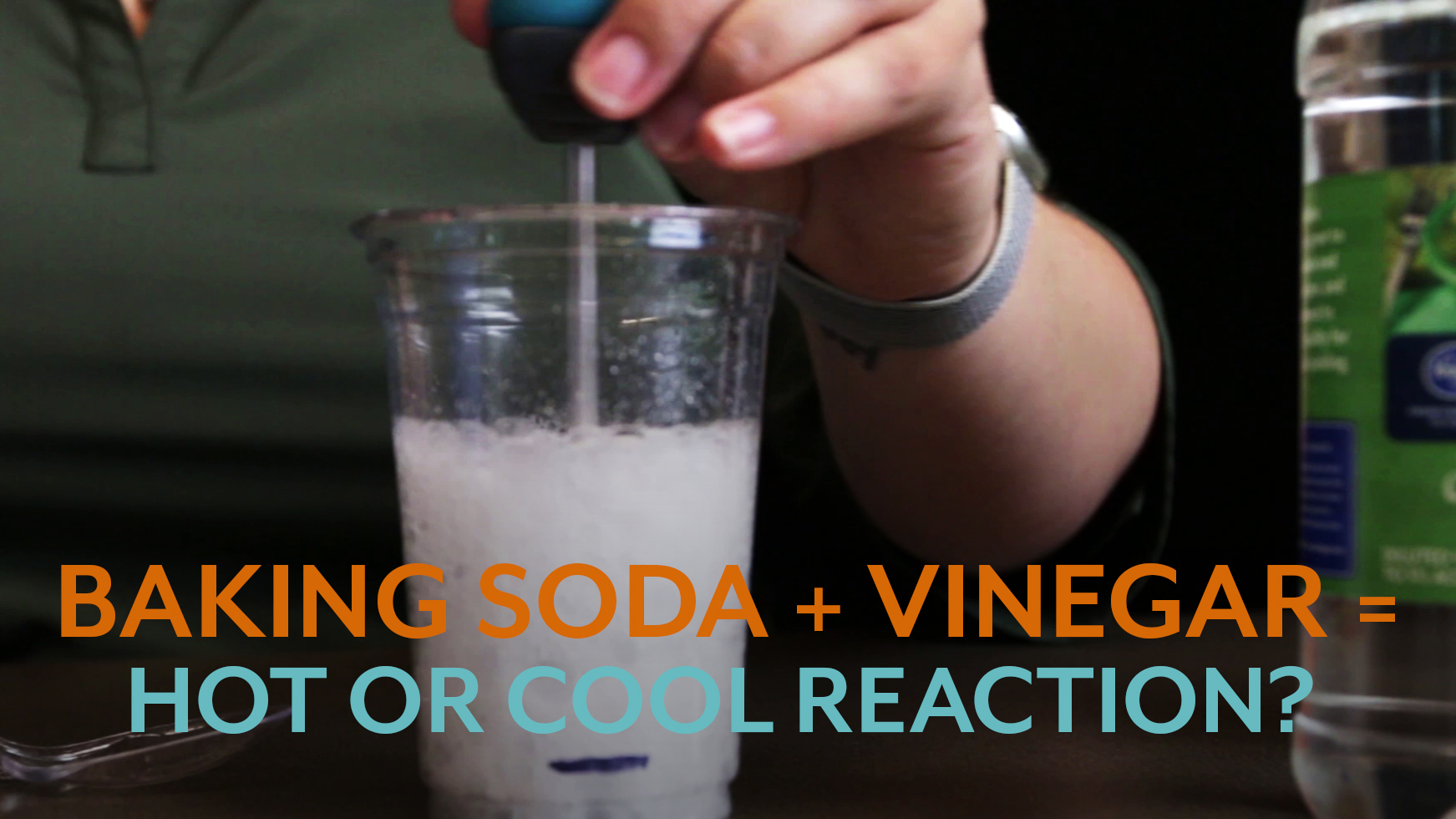

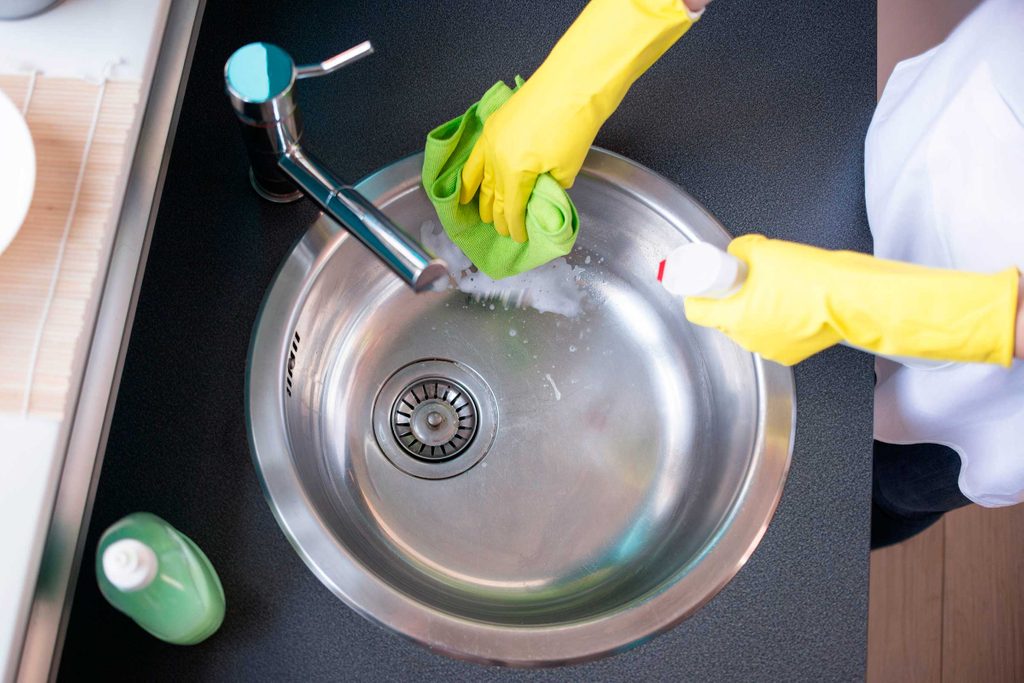


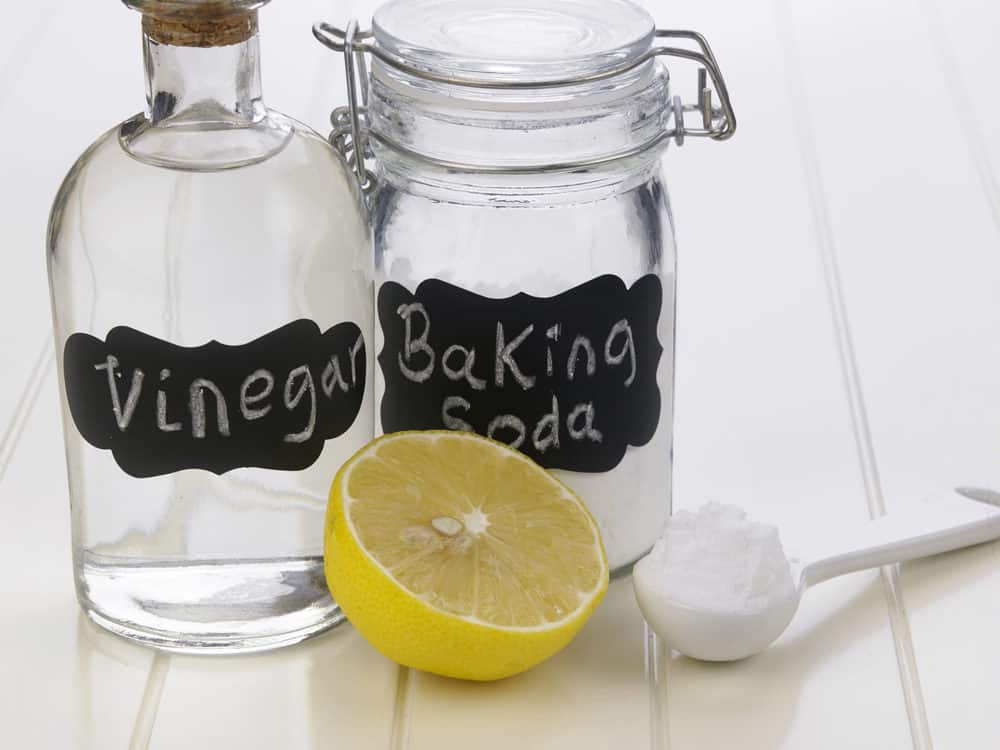
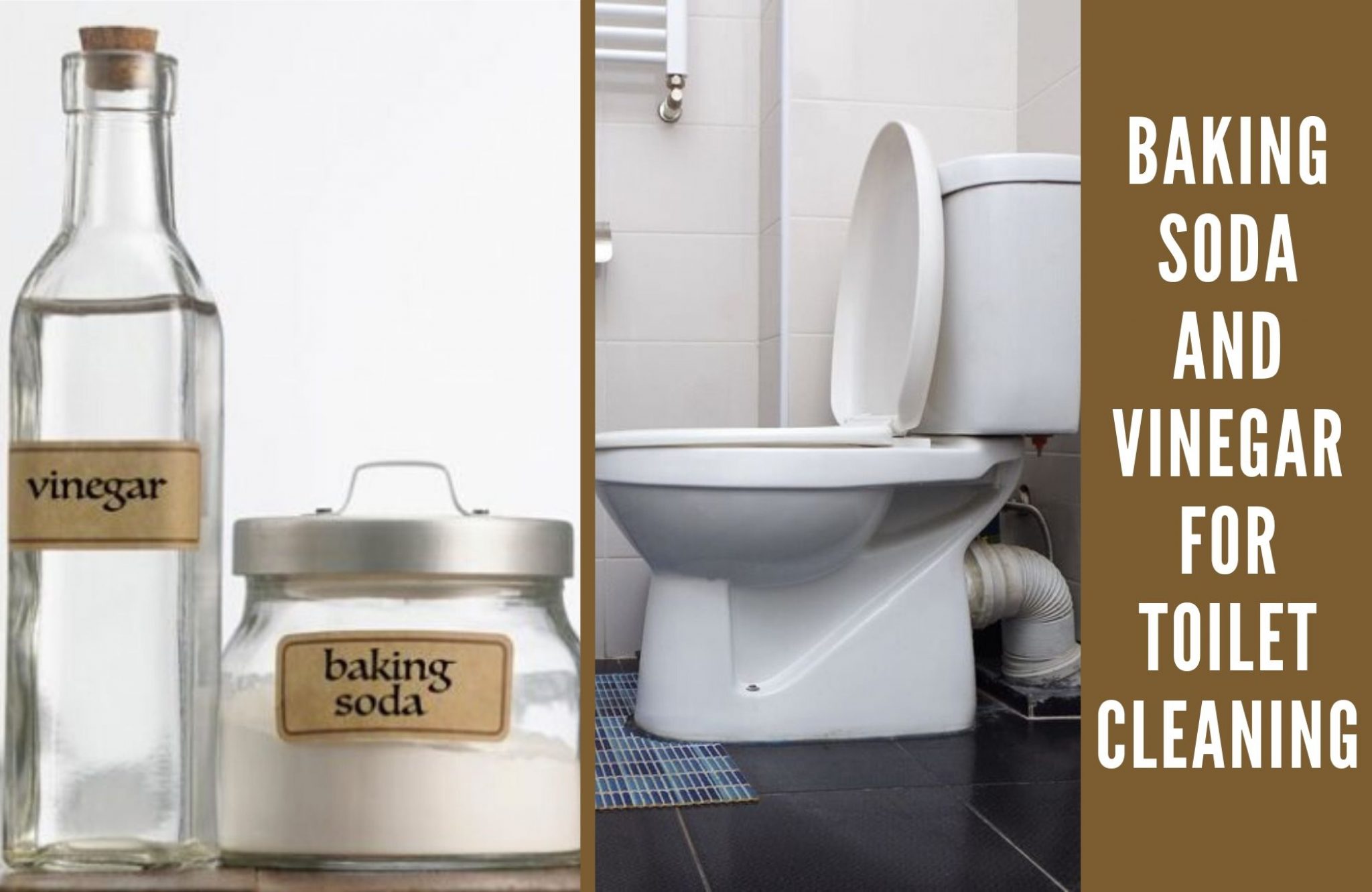

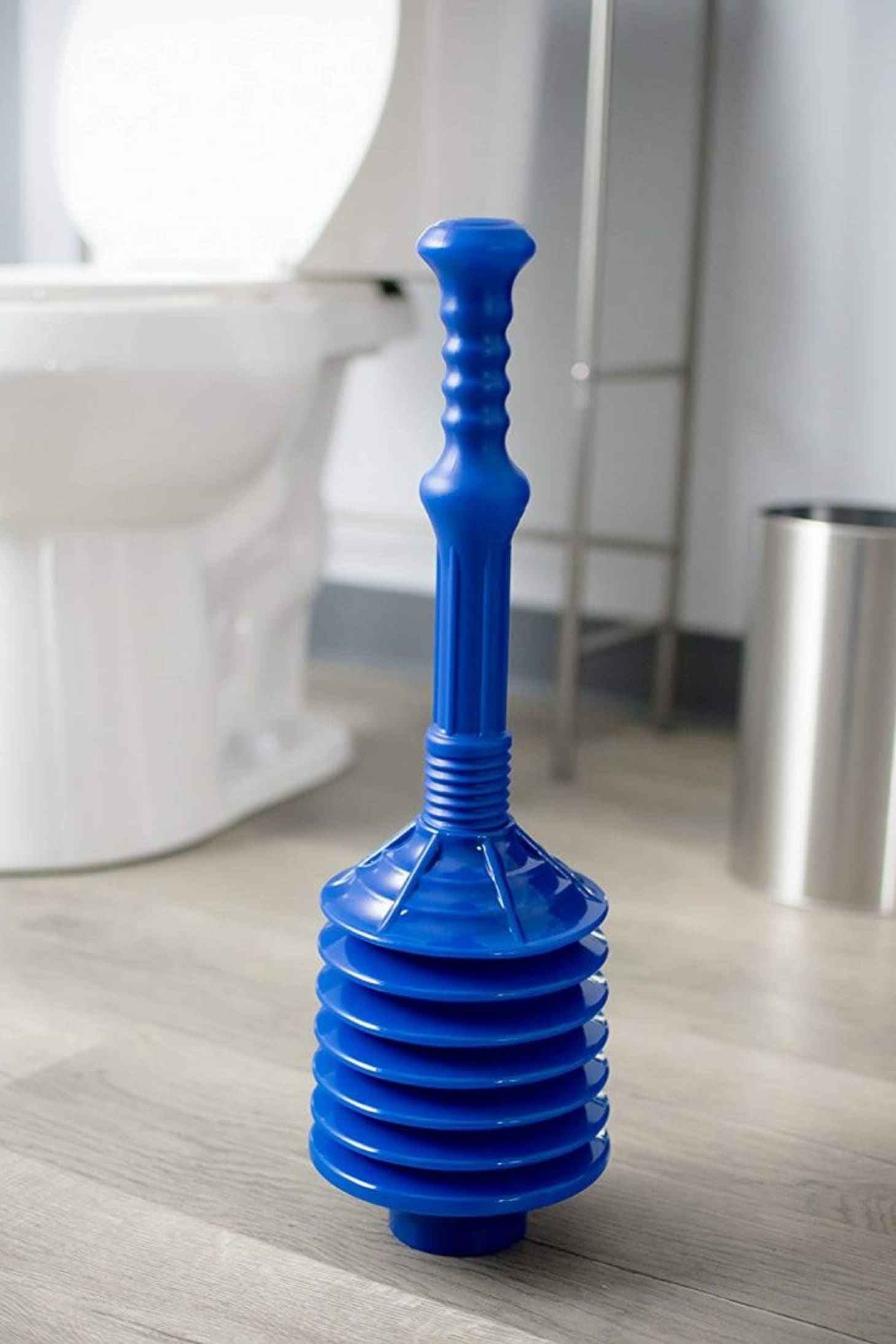


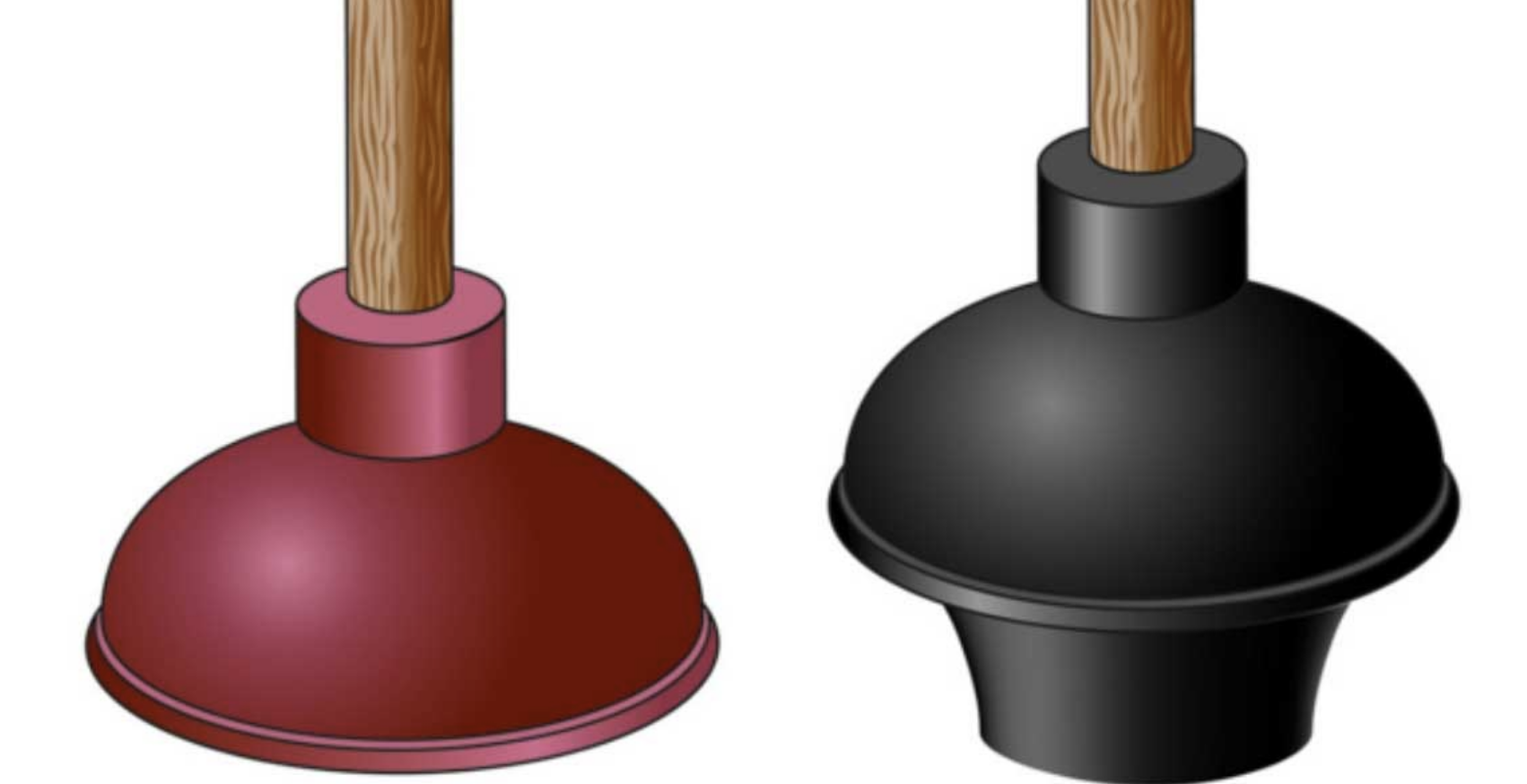





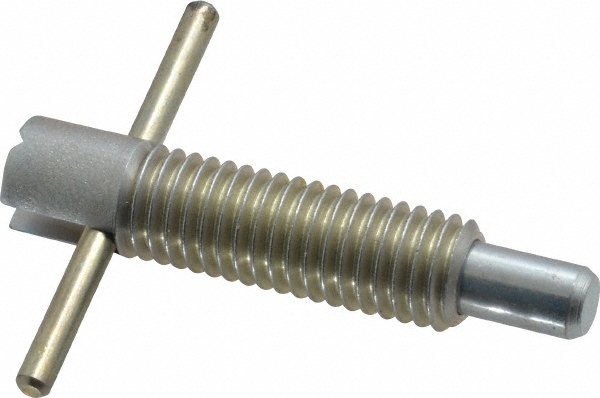



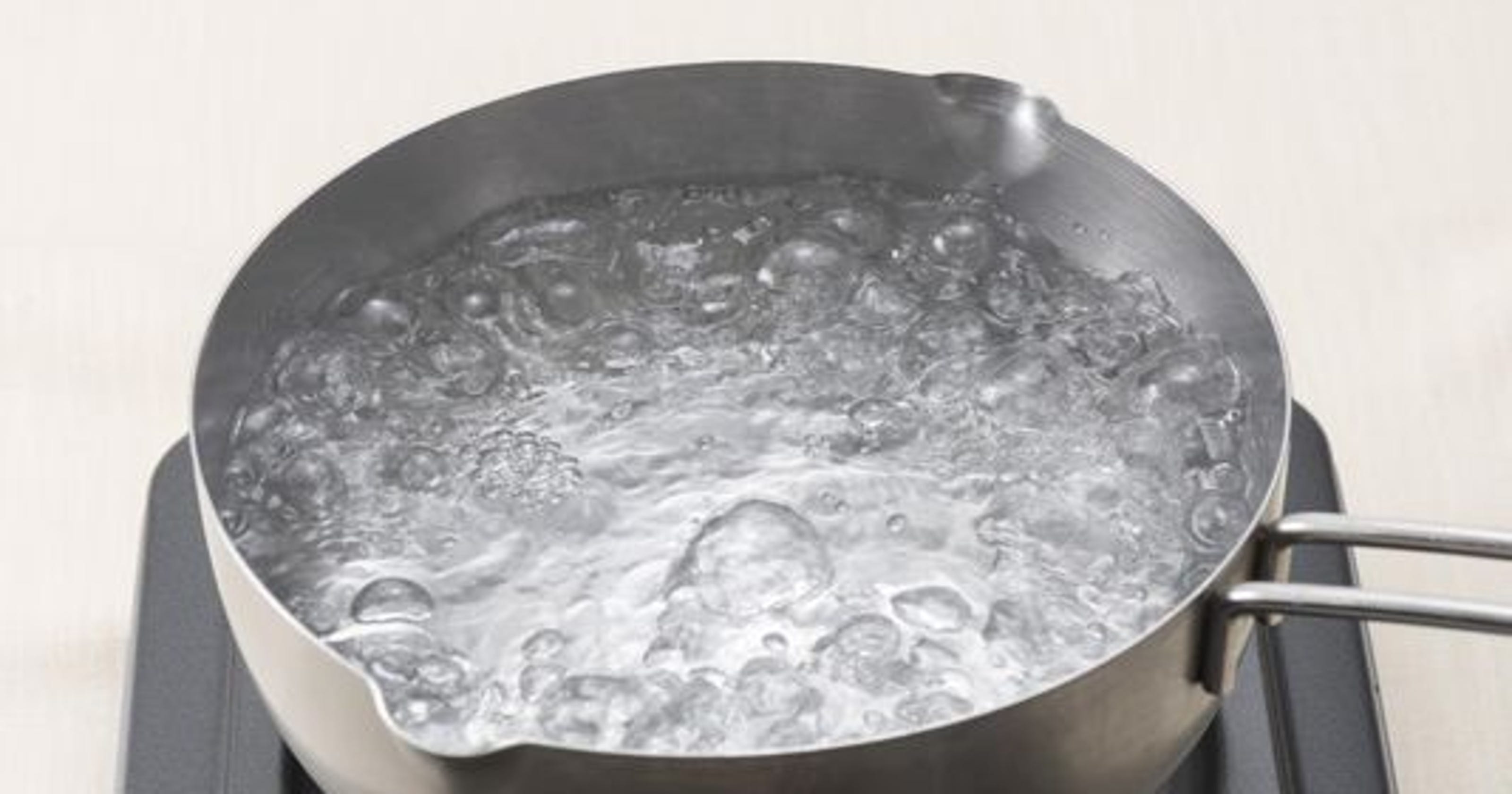
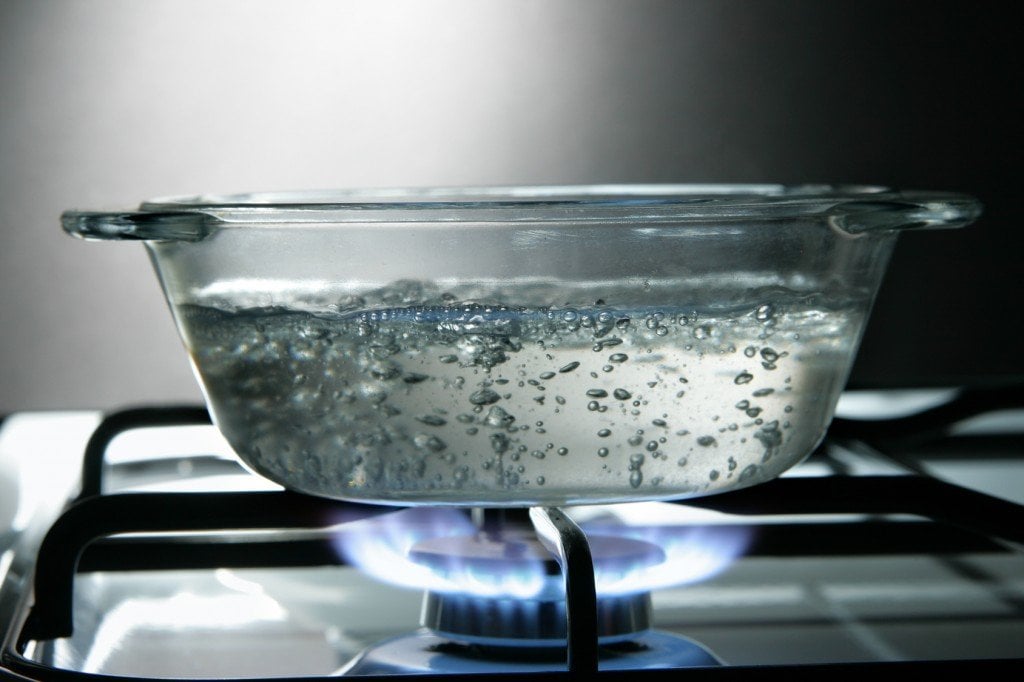




/boiling-water-on-gas-stove-143735234-5790aeb35f9b584d2005e949.jpg)
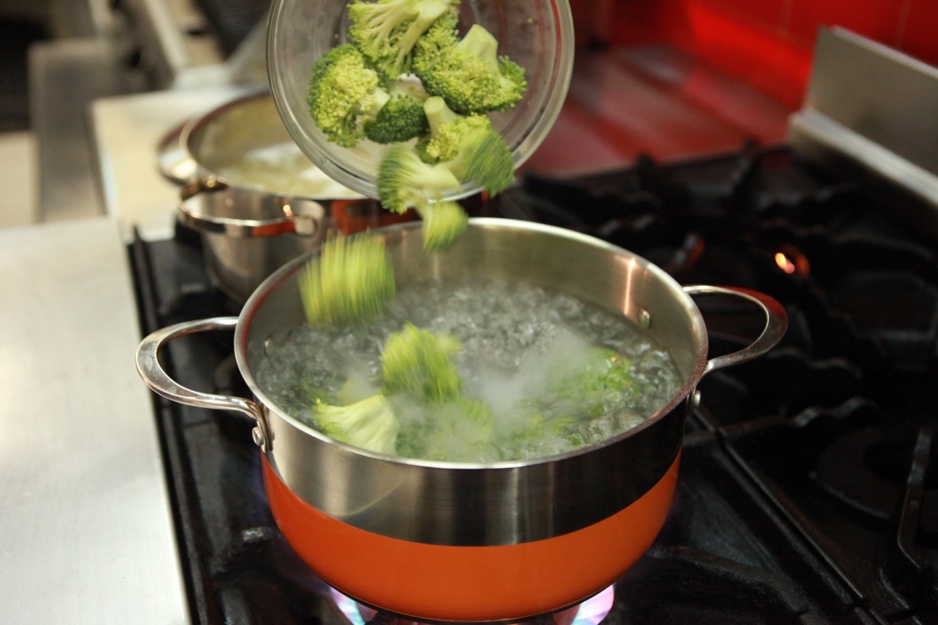
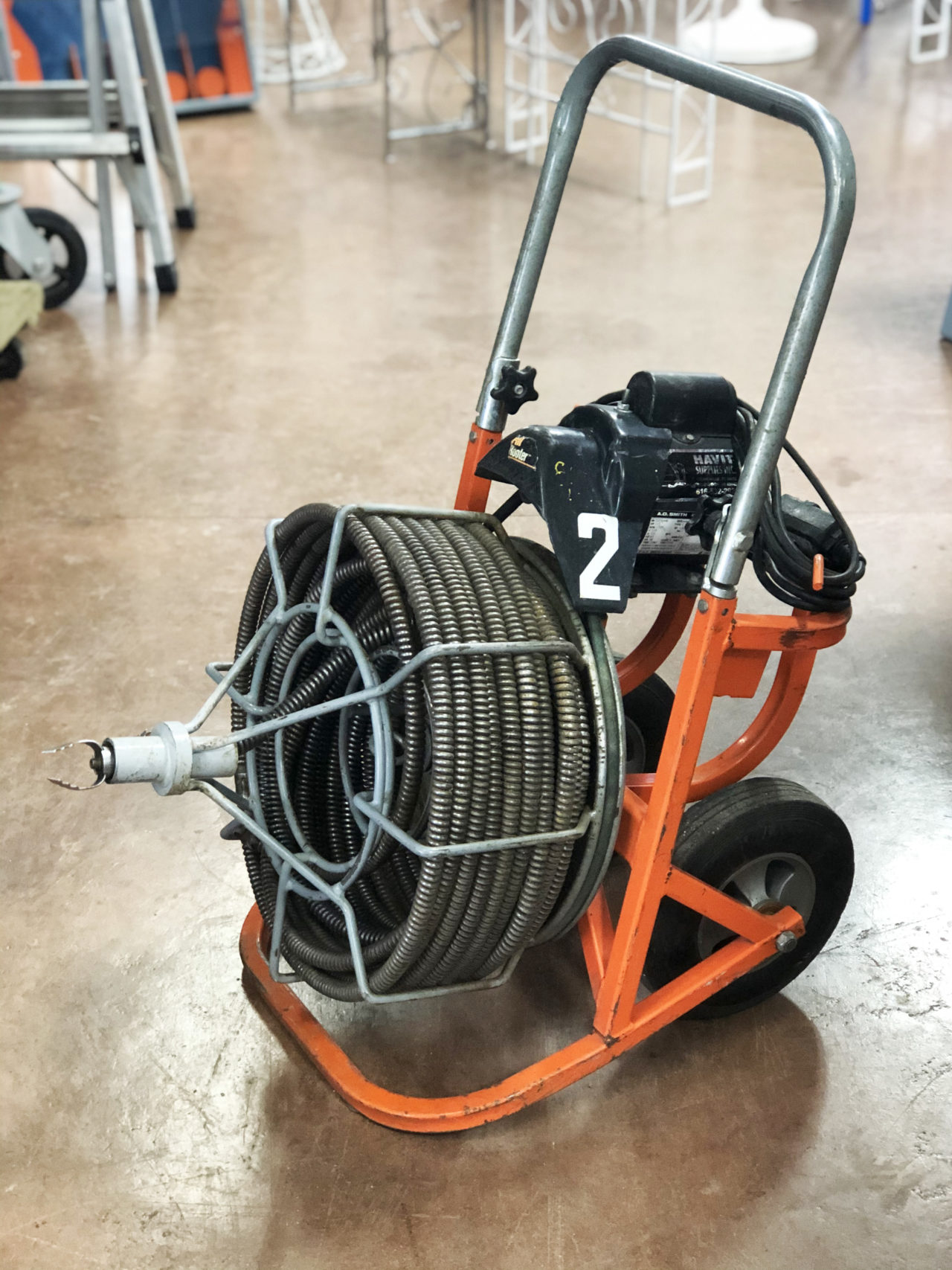


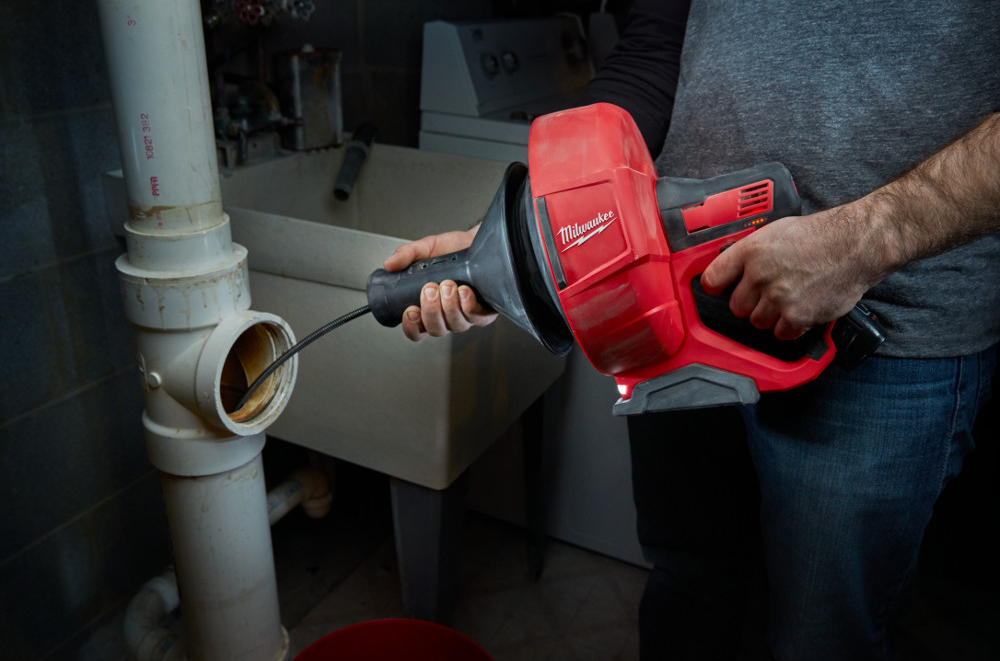
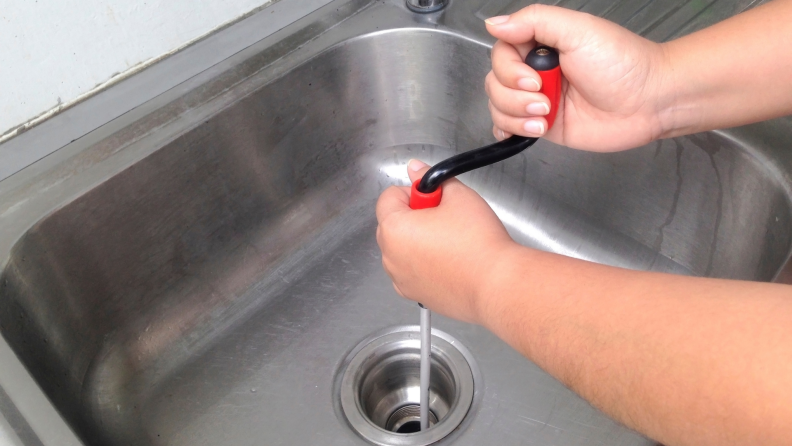

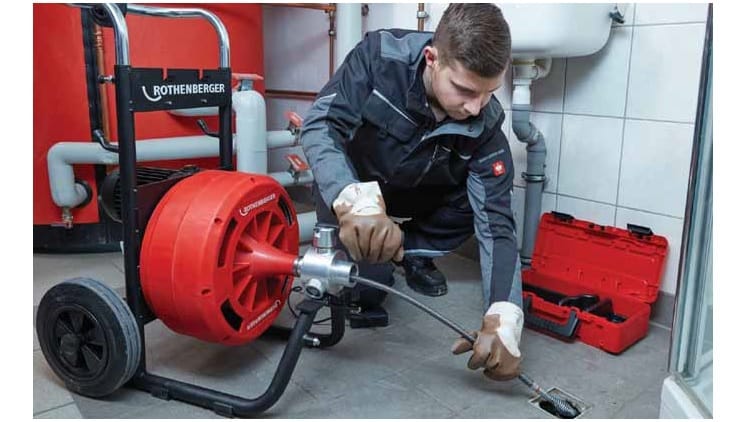

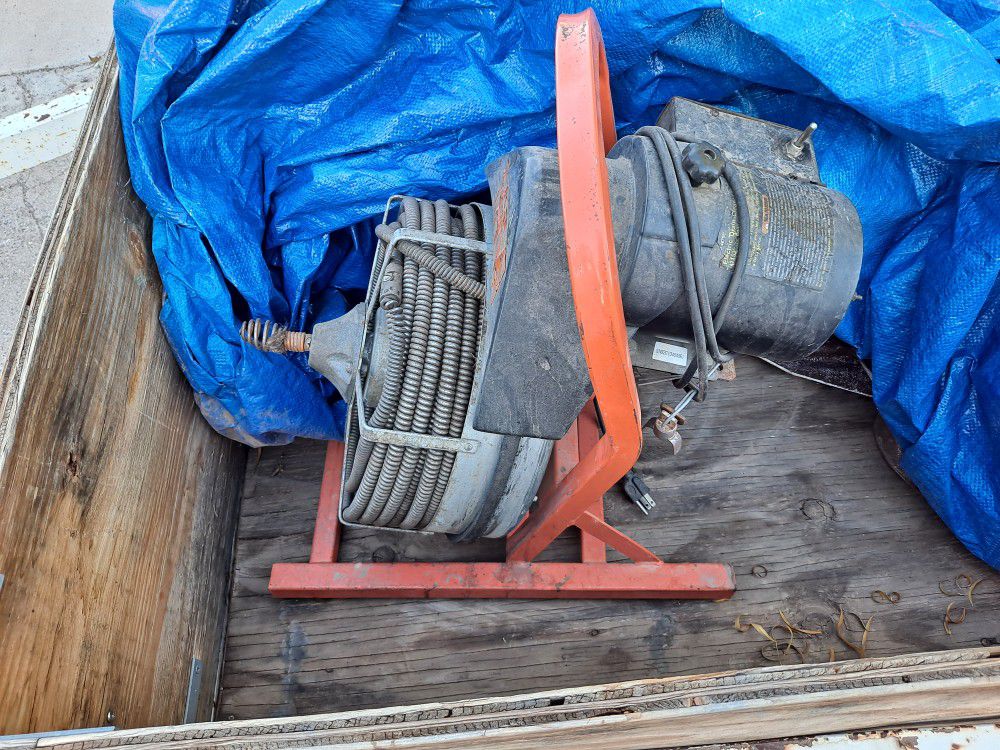
:max_bytes(150000):strip_icc()/Vastar-4-Pack-Drain-Snake-50b0e77281b244e386d046ca25ba76b6.jpg)
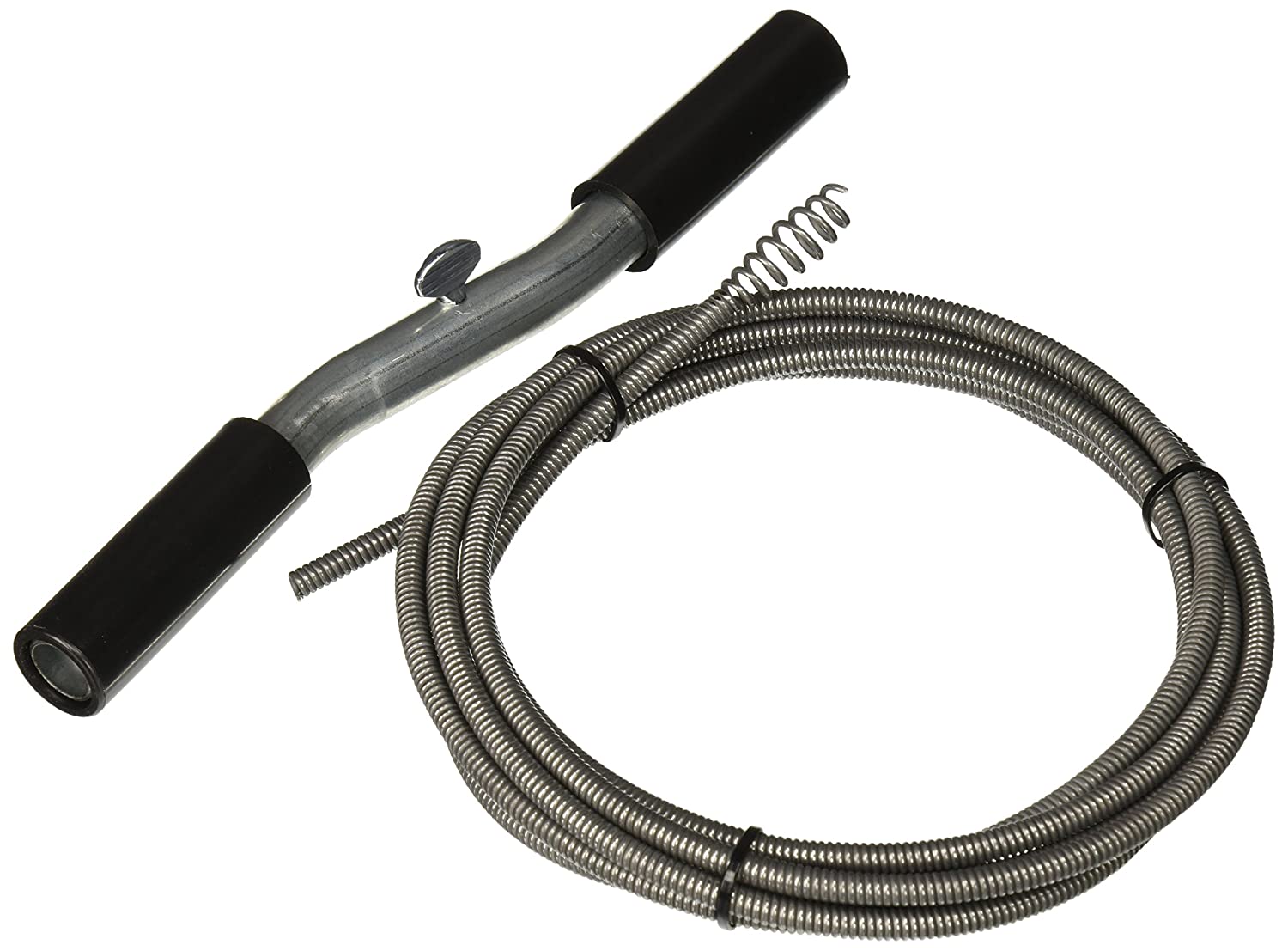


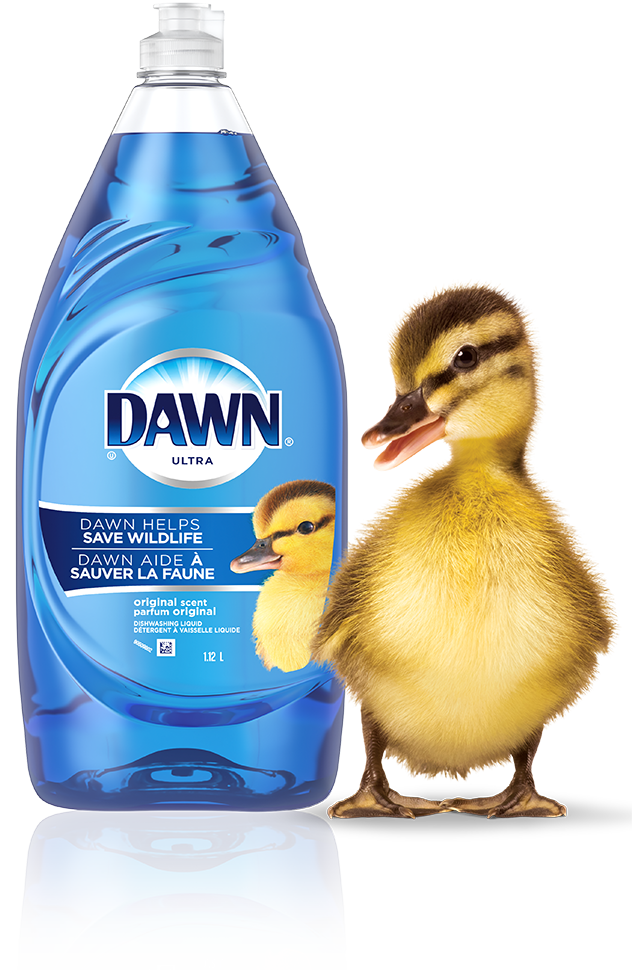

/GettyImages-80566571-5a1ca234aad52b00373338ff.jpg)
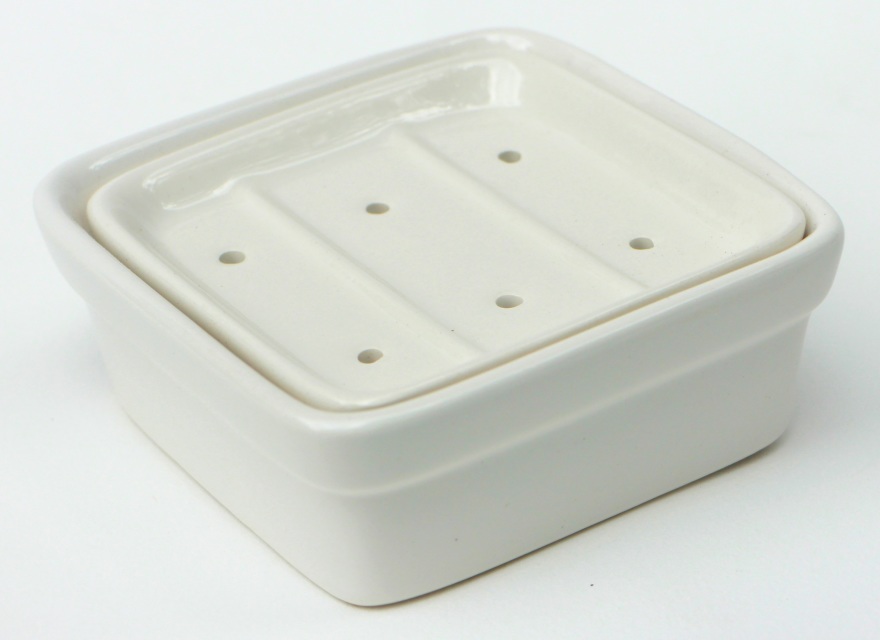

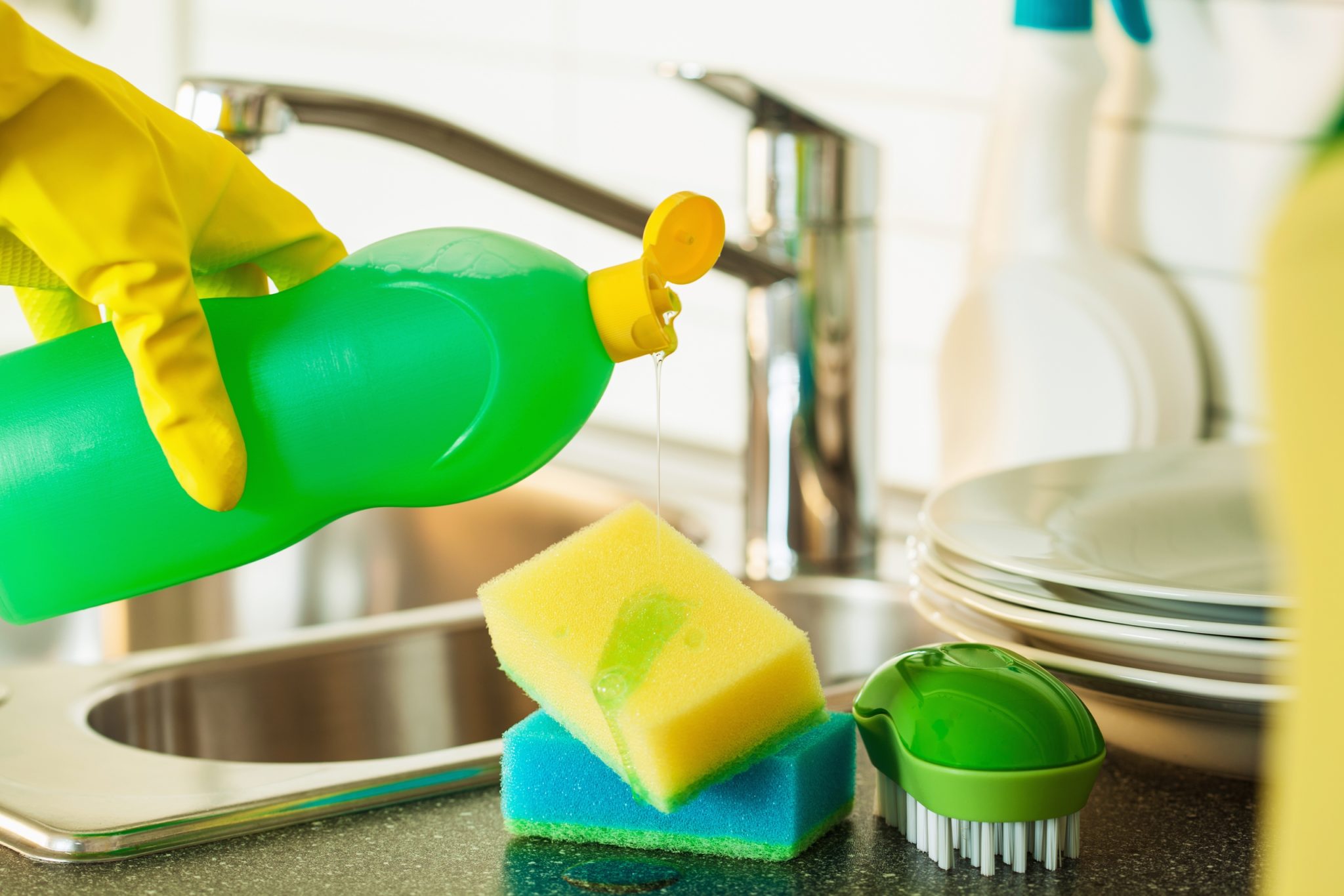
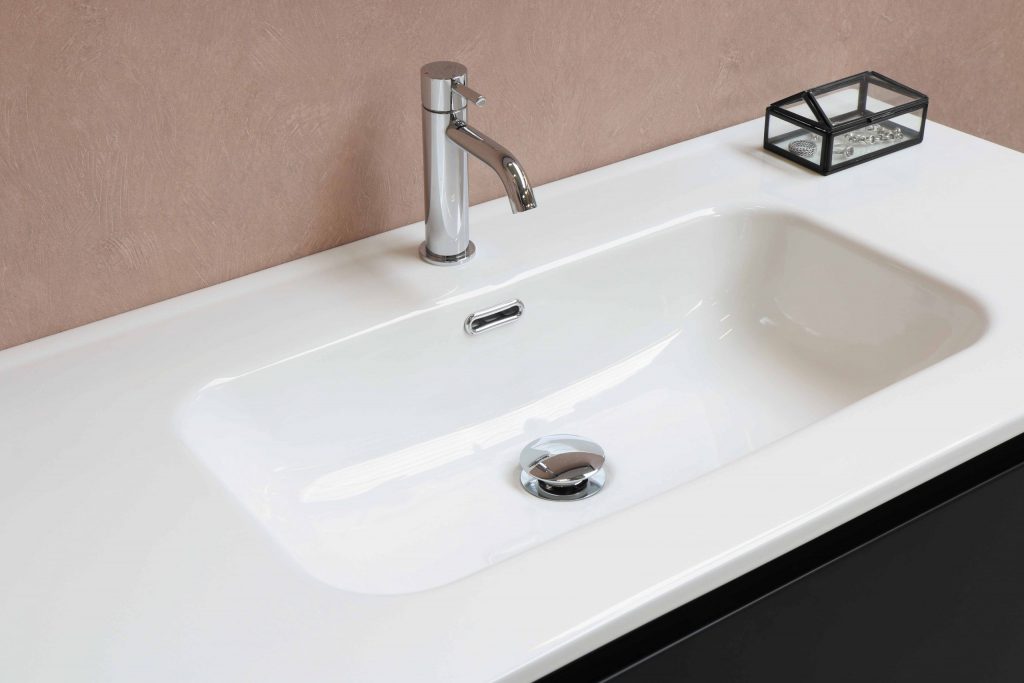
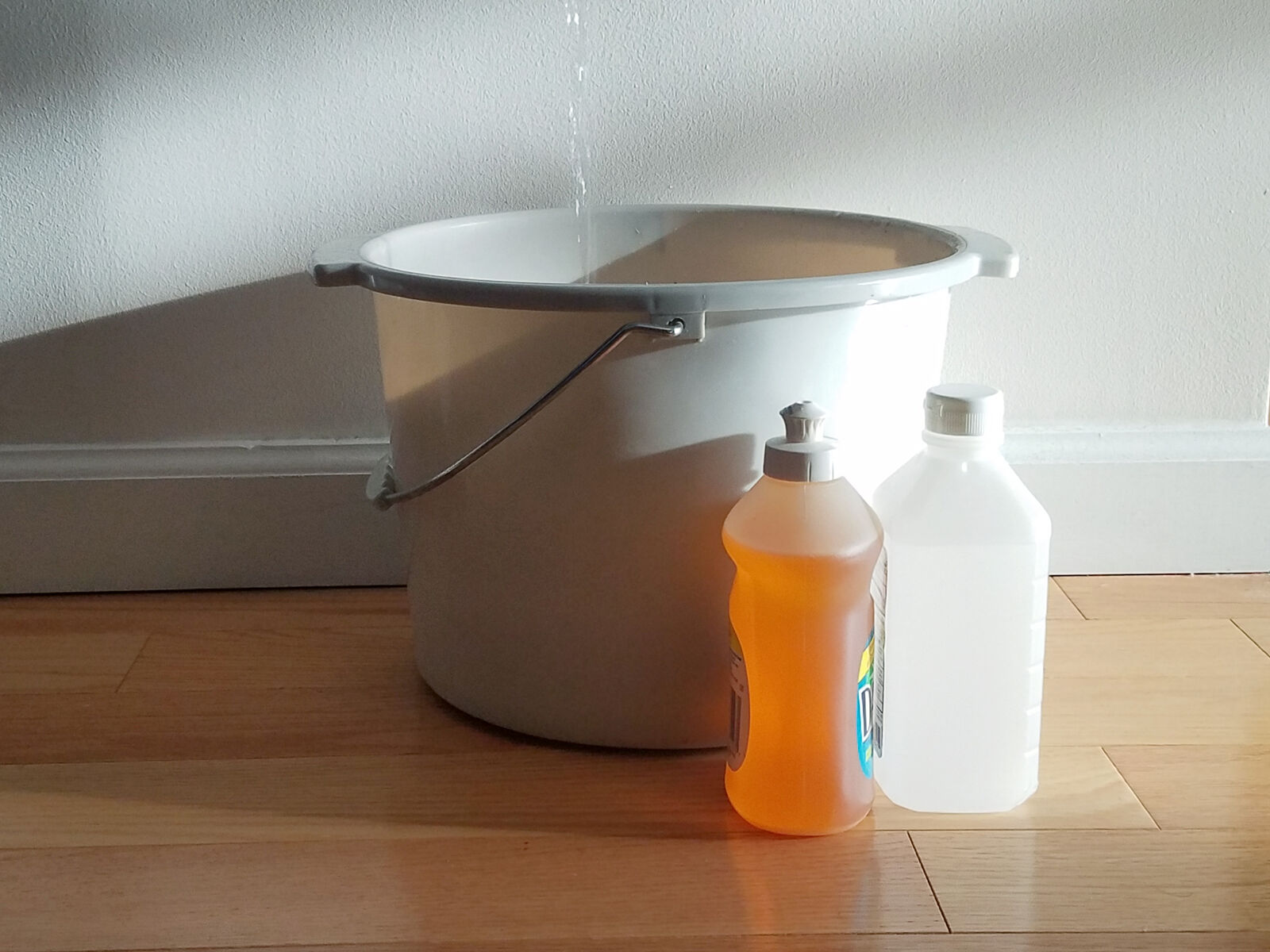
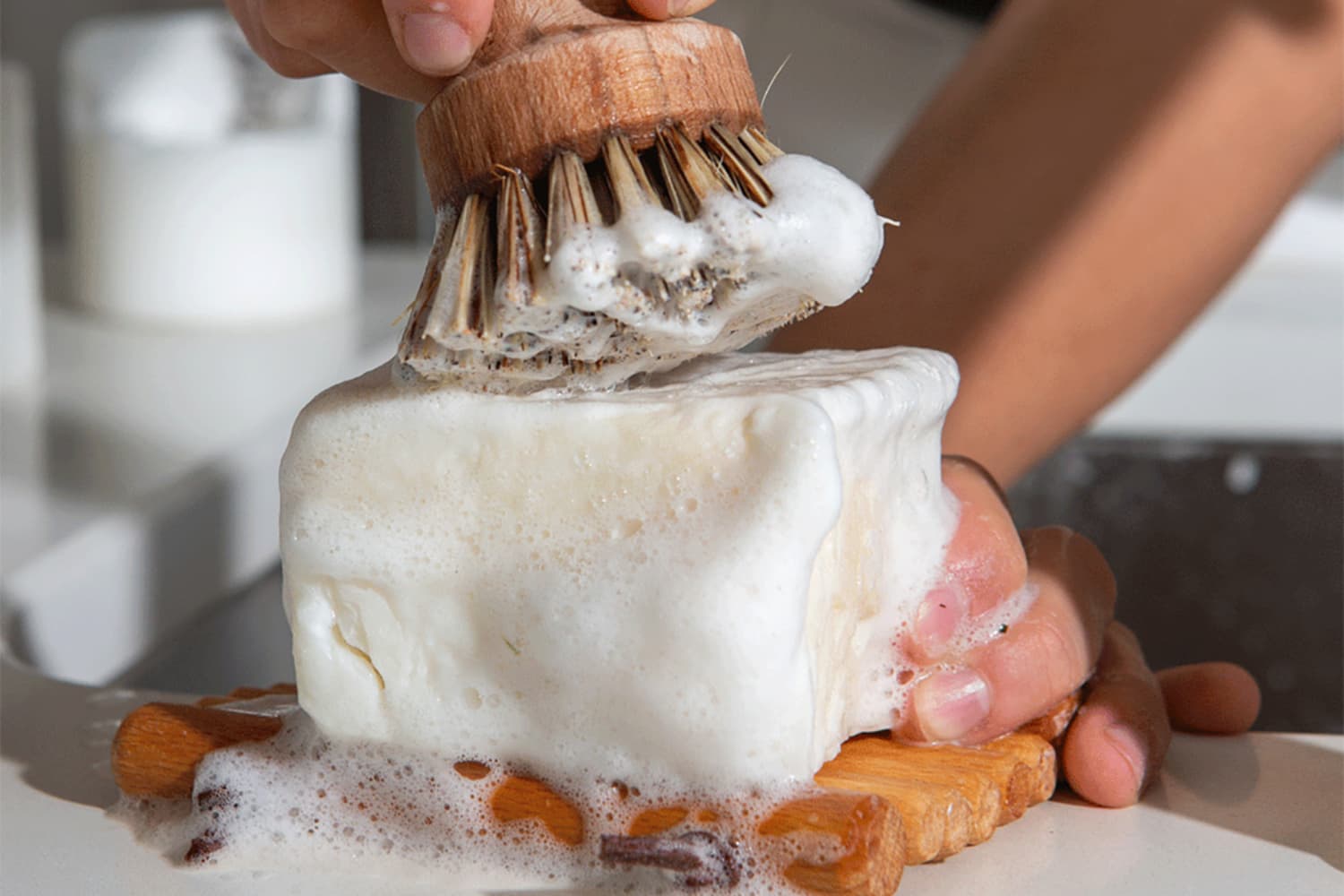
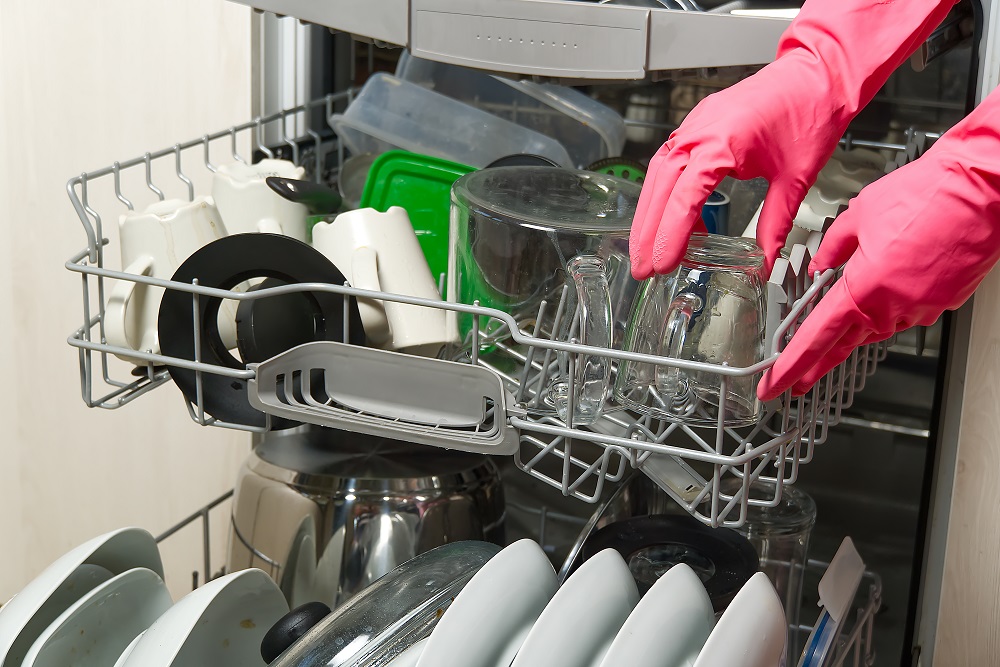
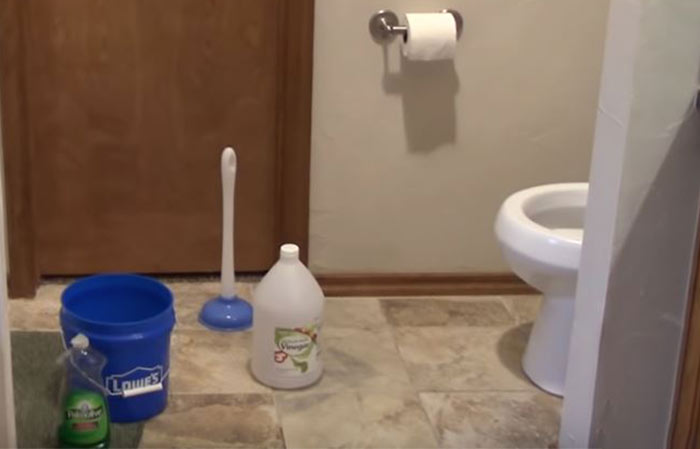




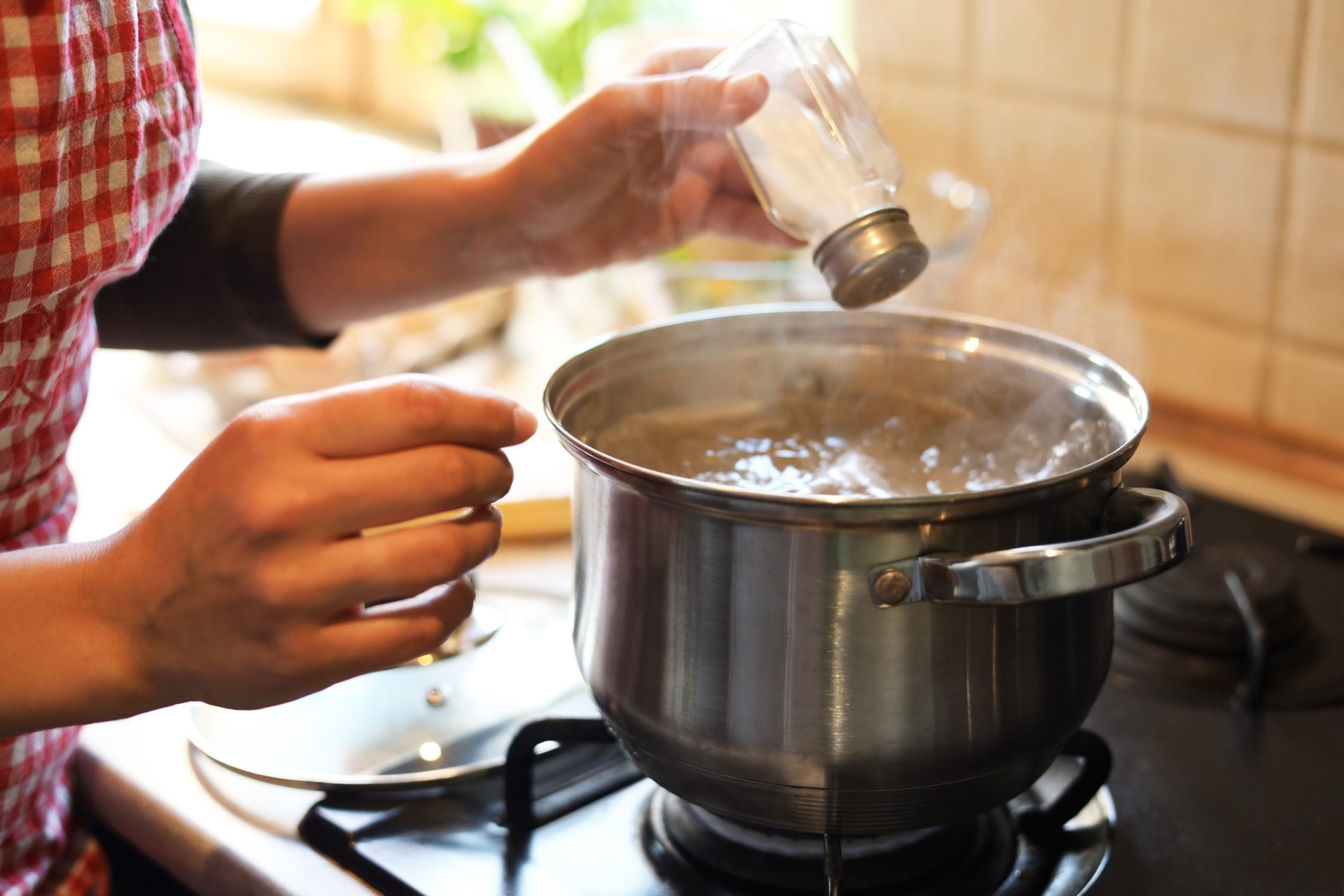

/GettyImages-1166175911-fafaea7fa0f54e418c93d8aff001460b.jpg)


